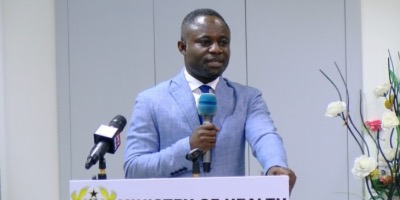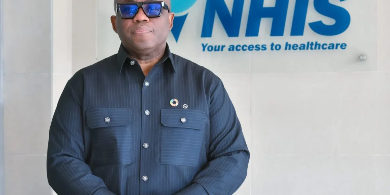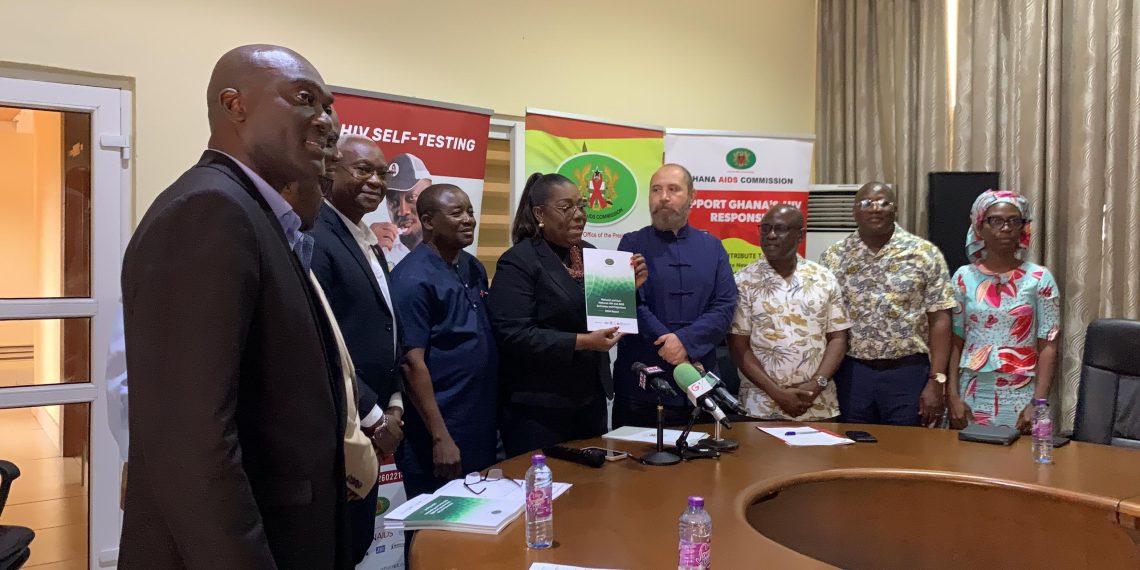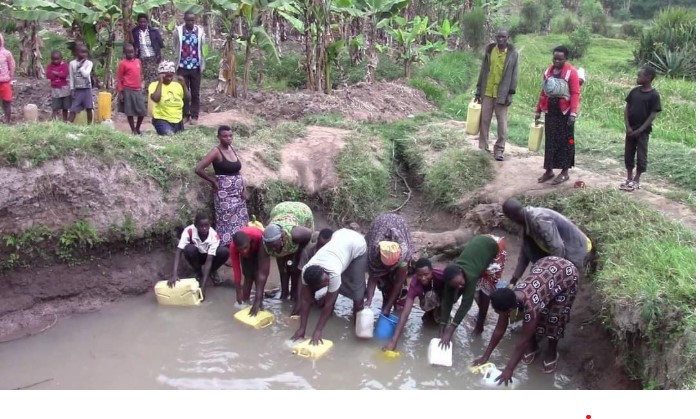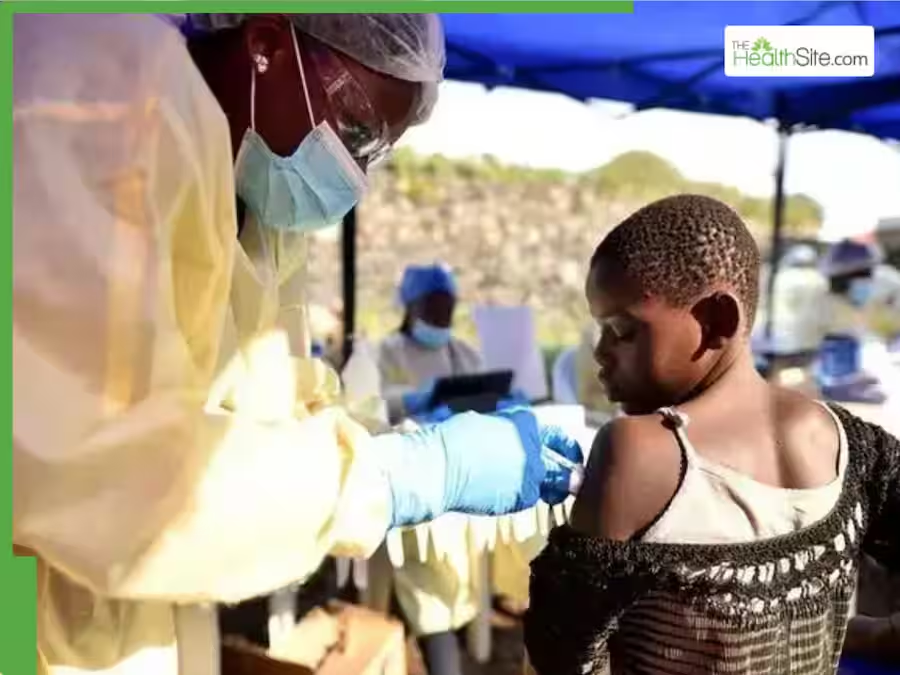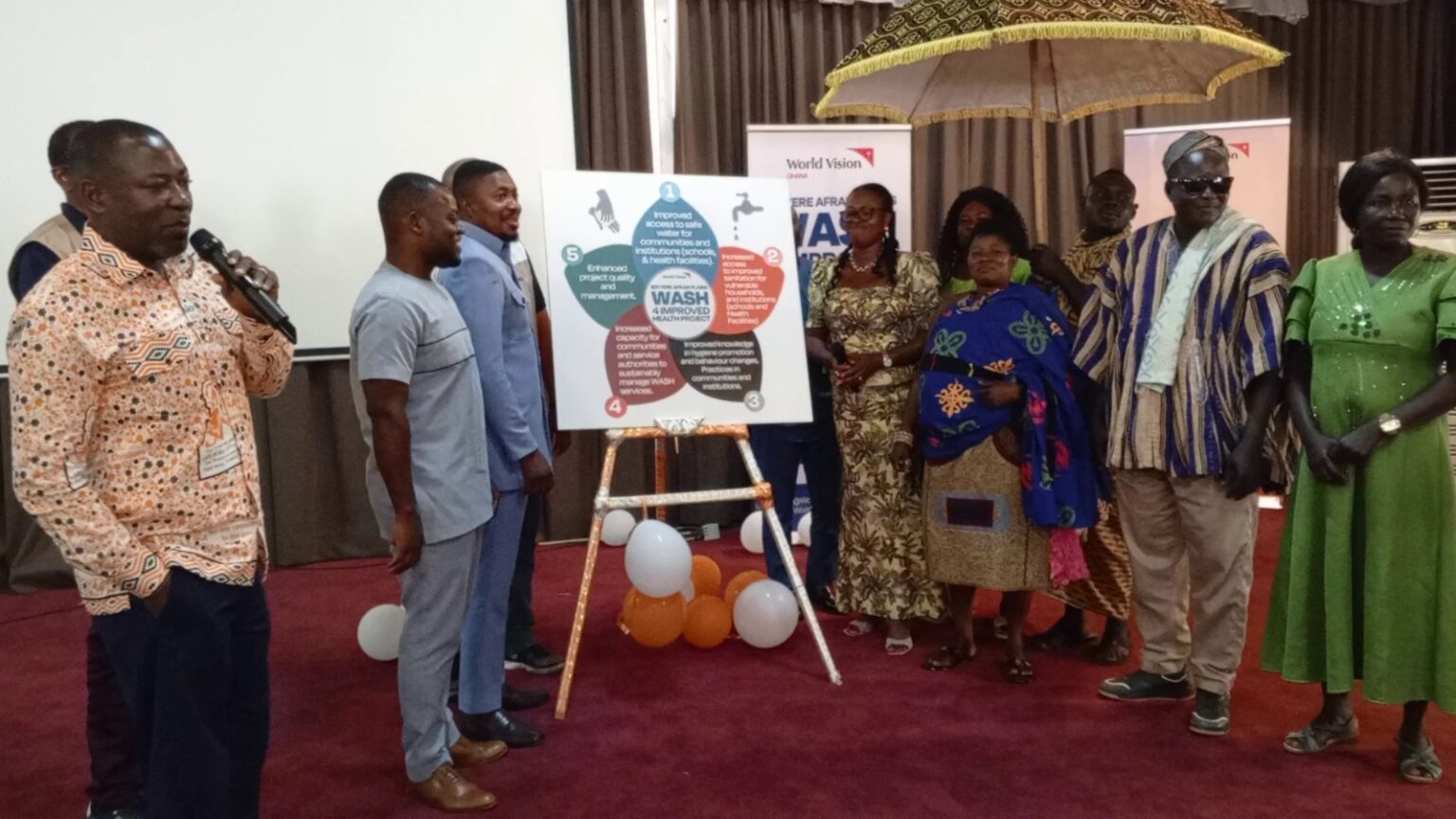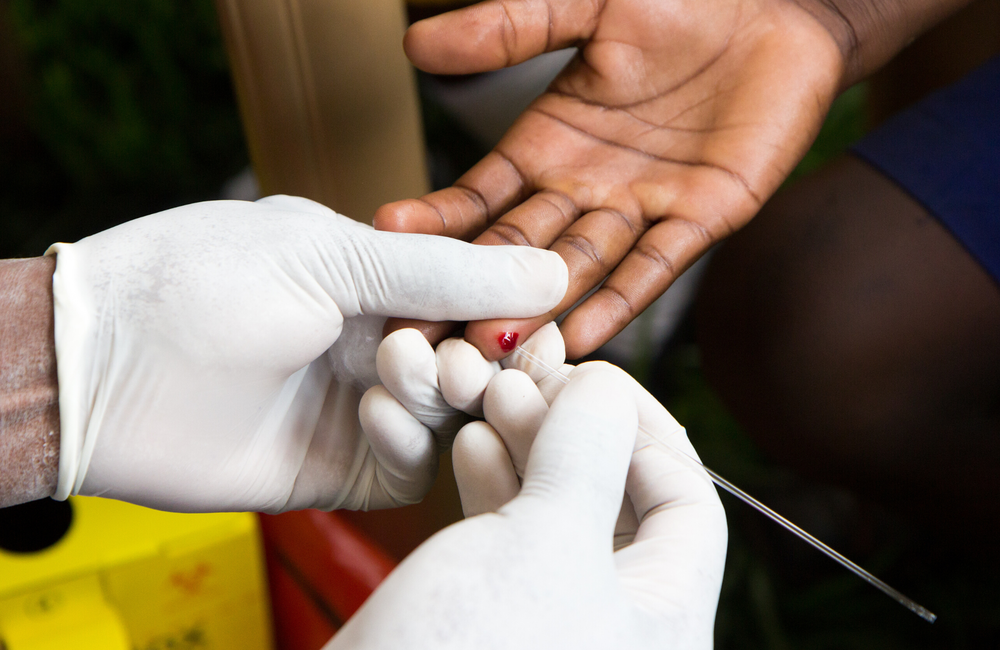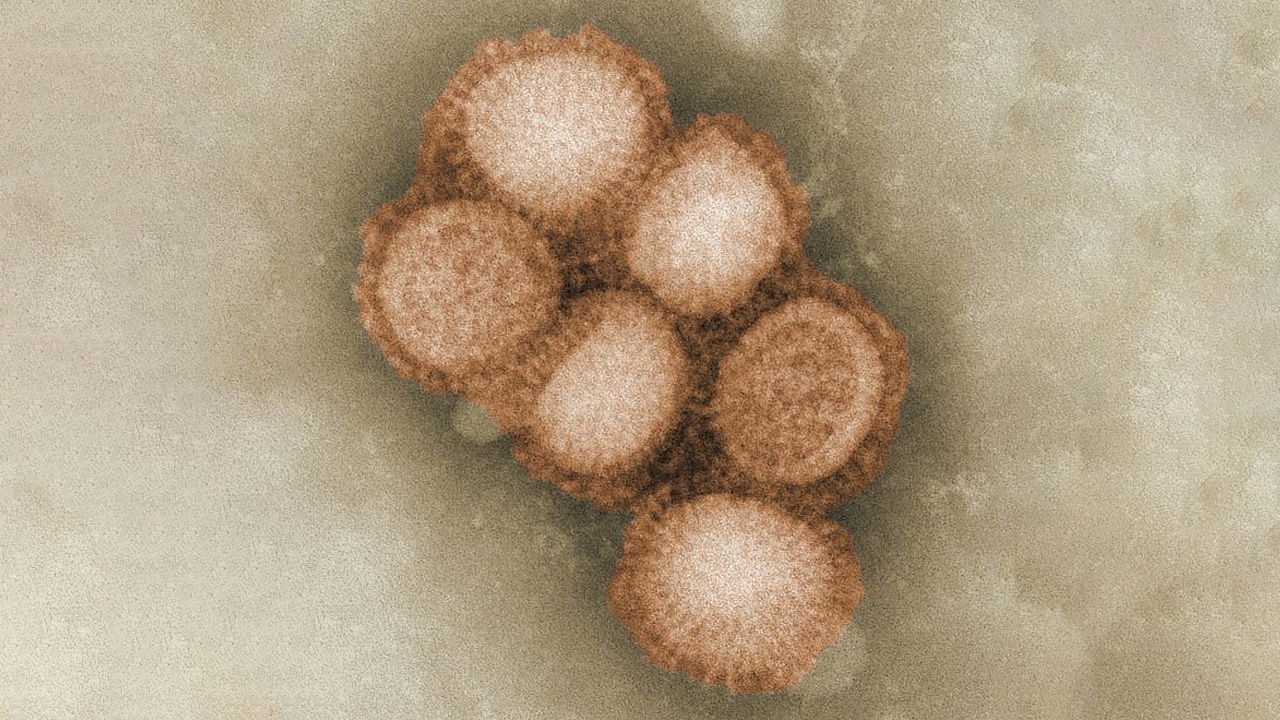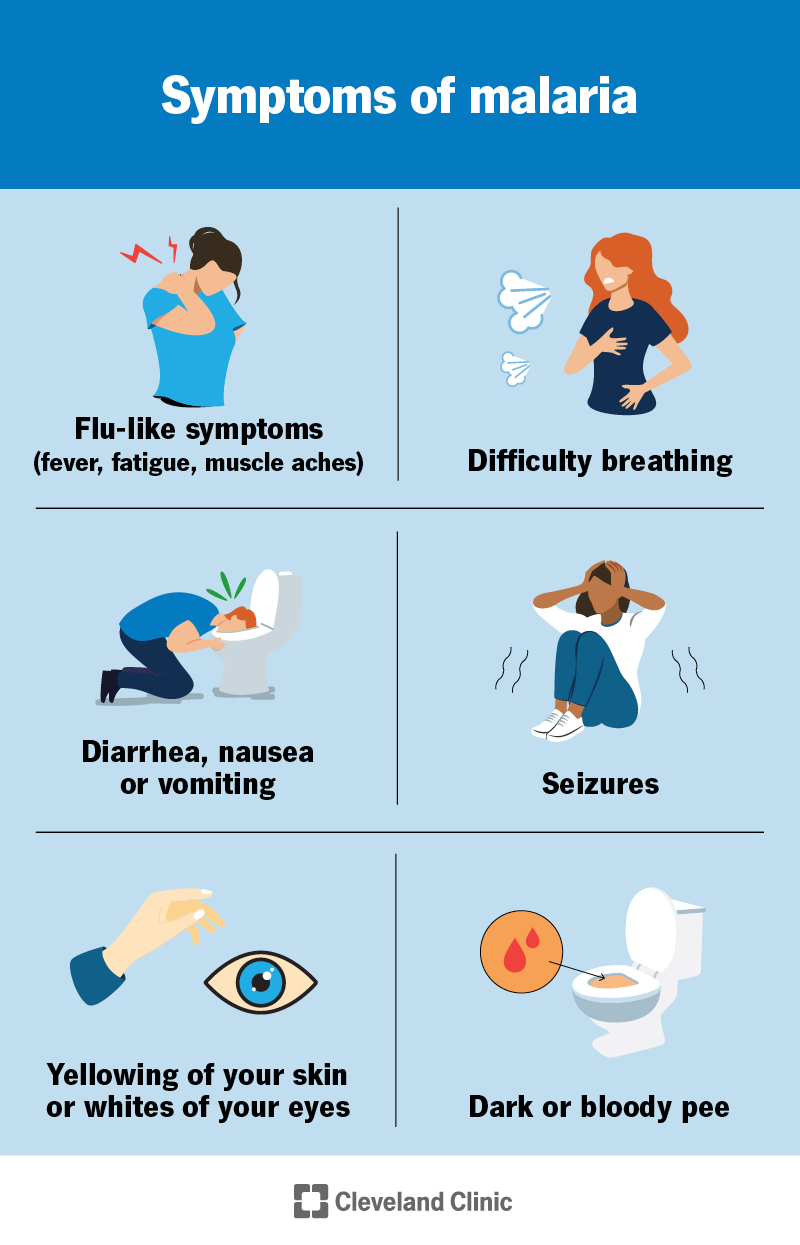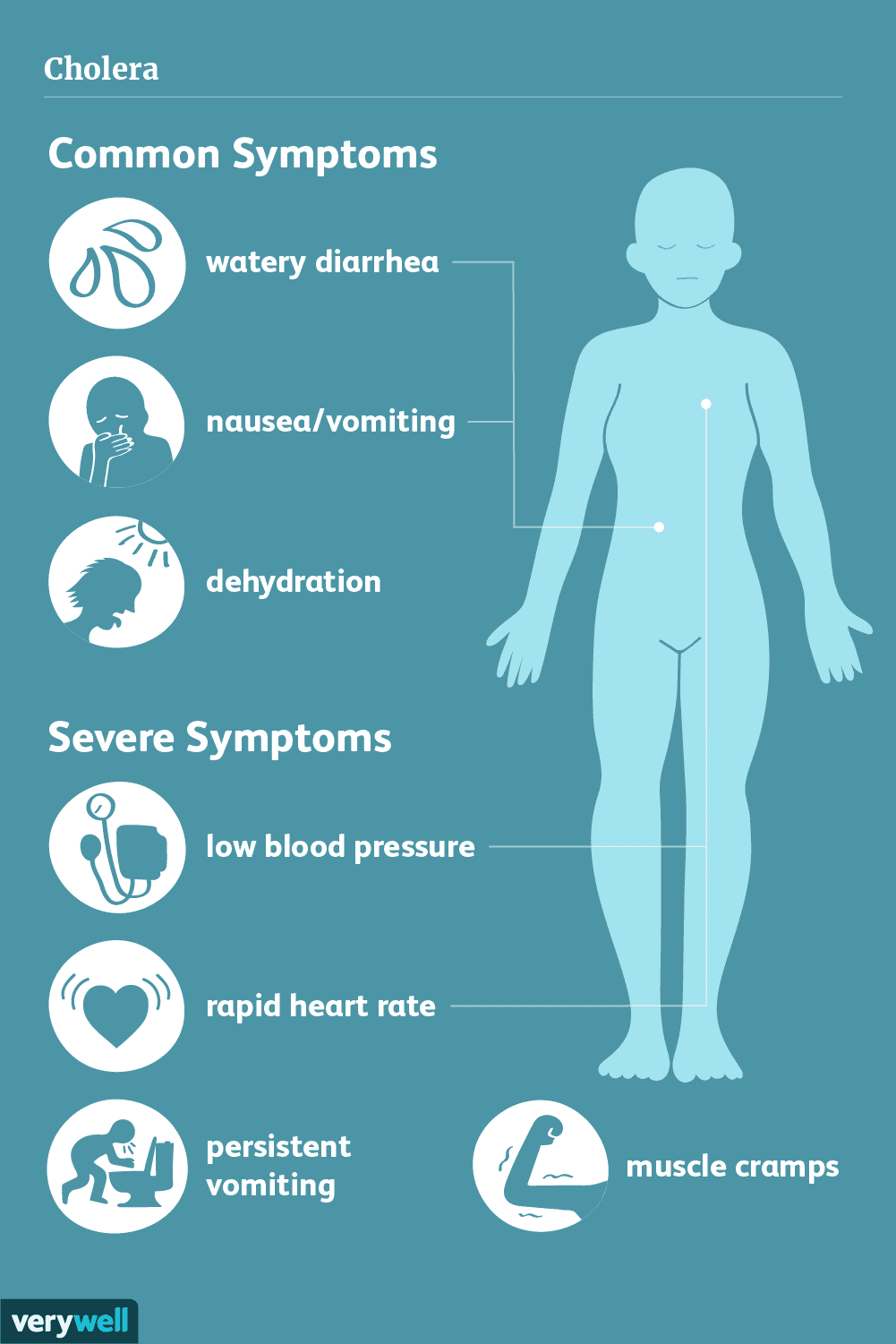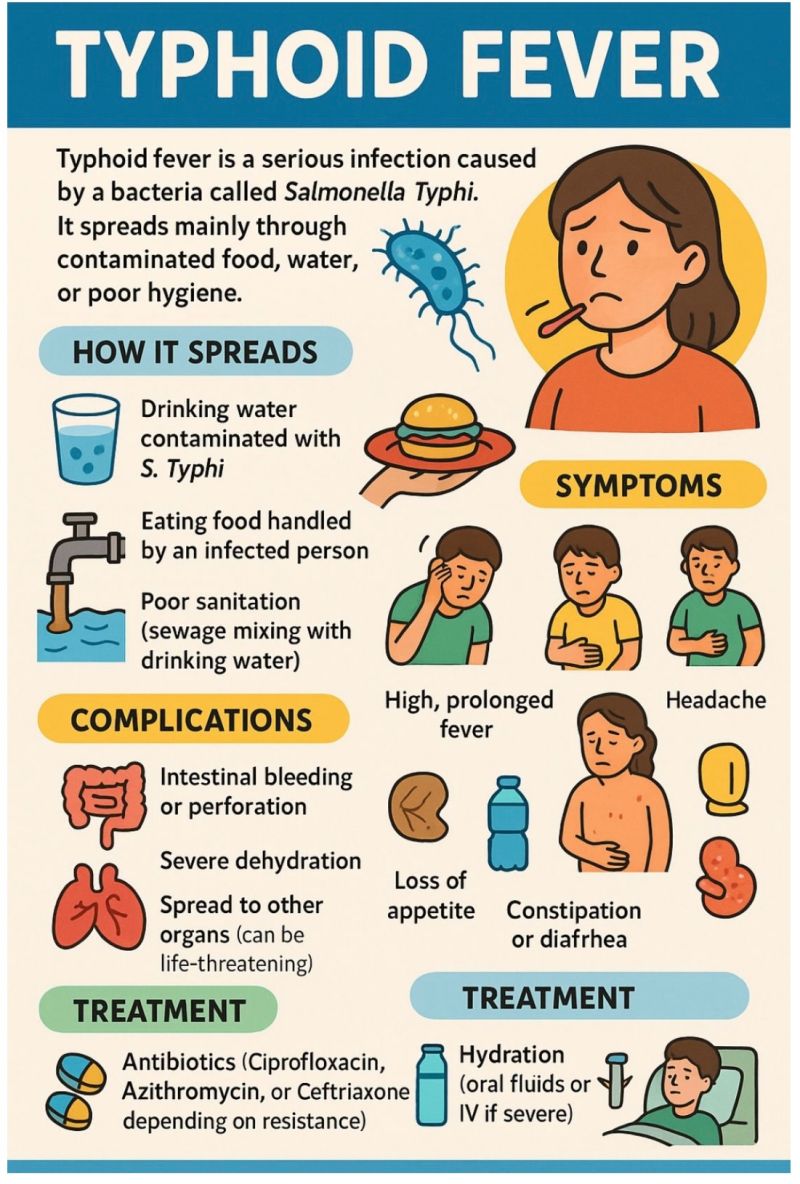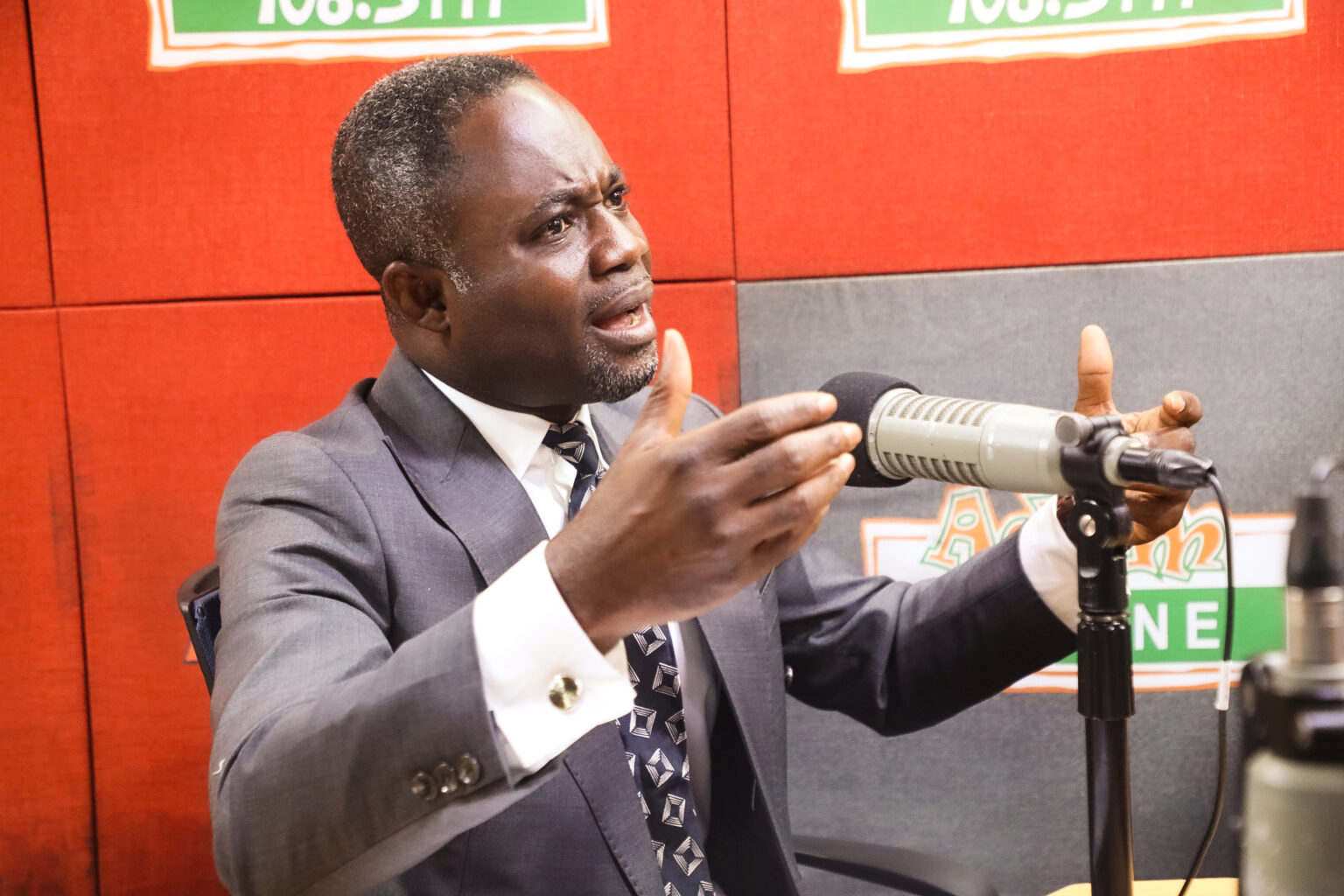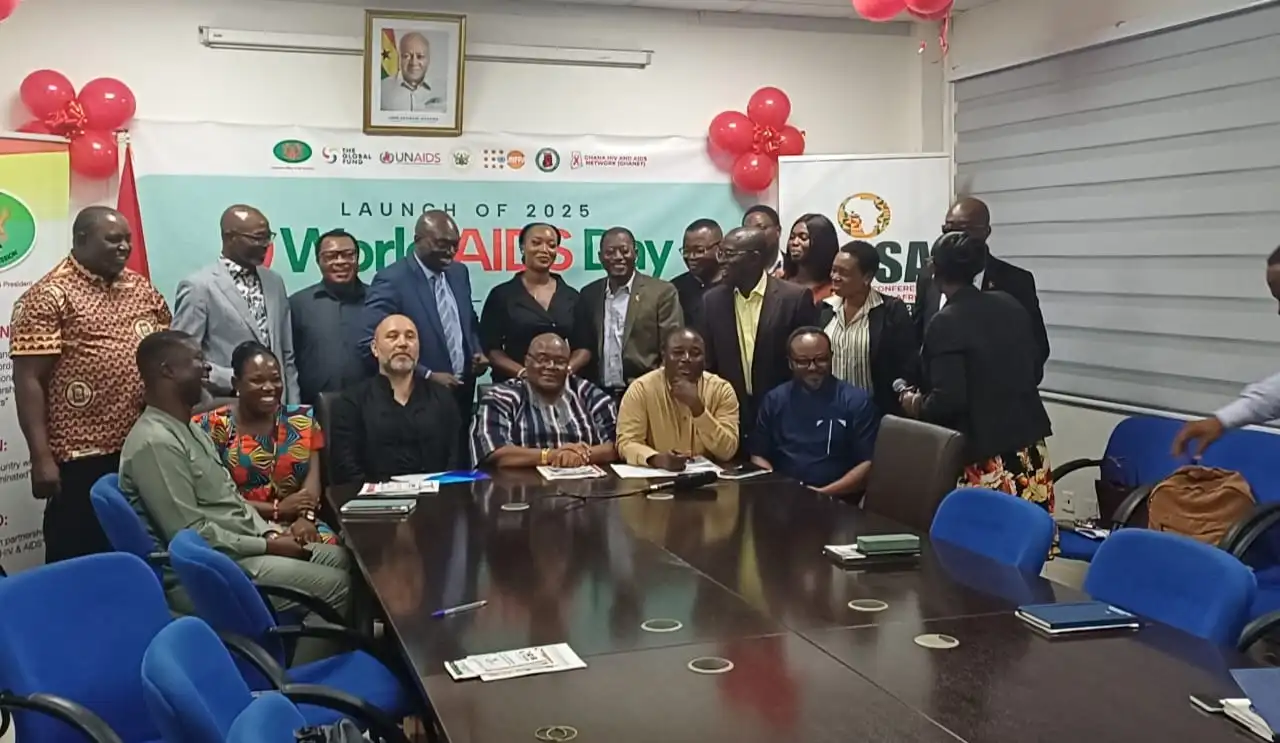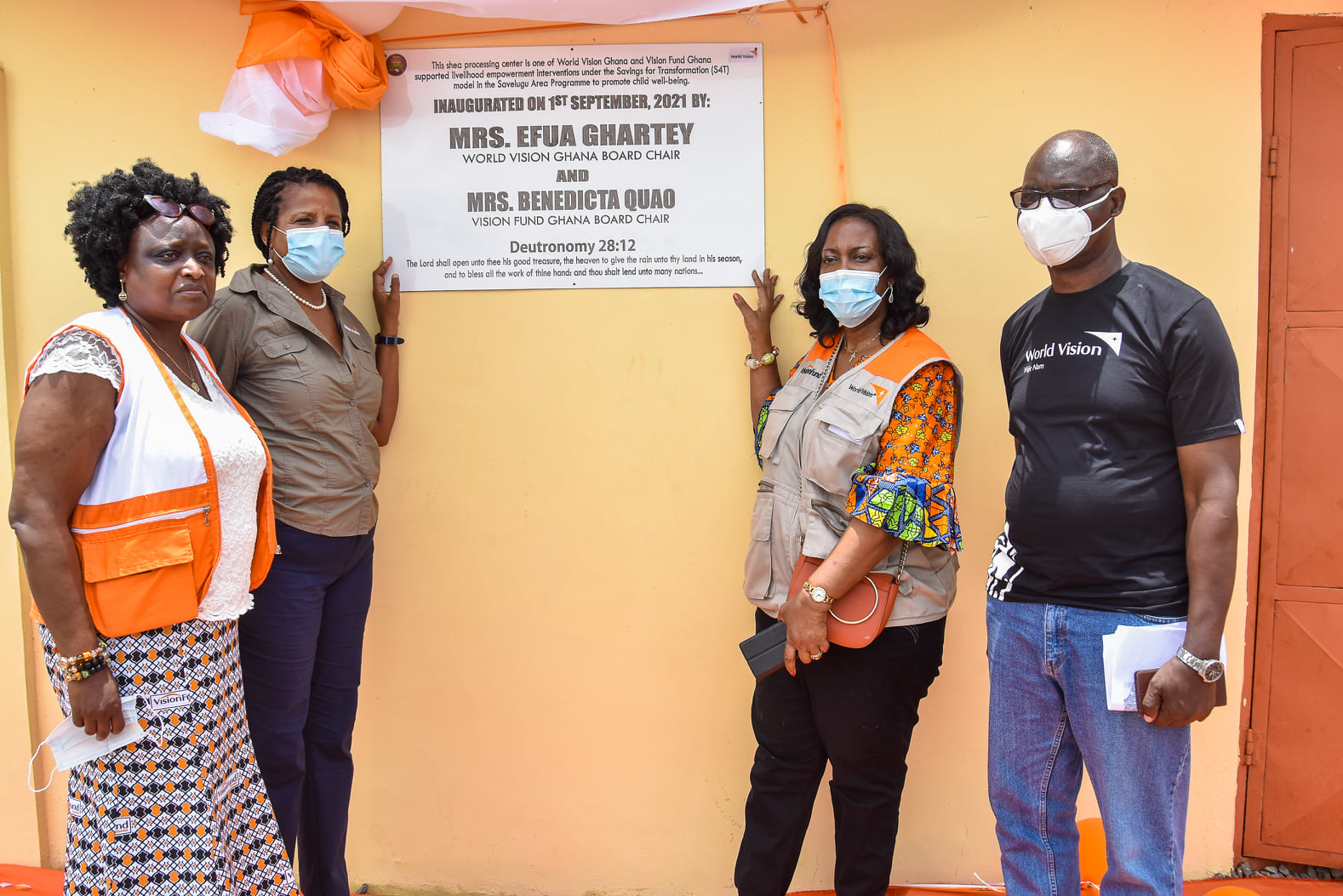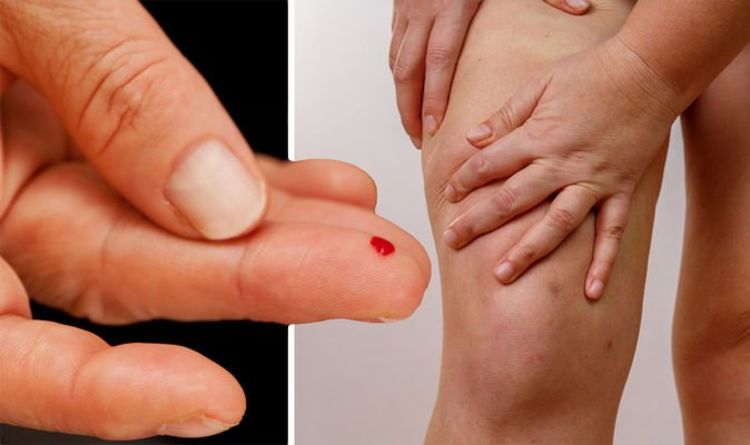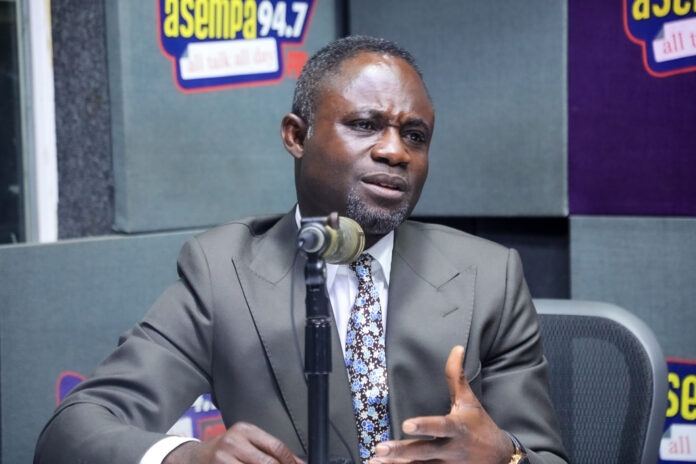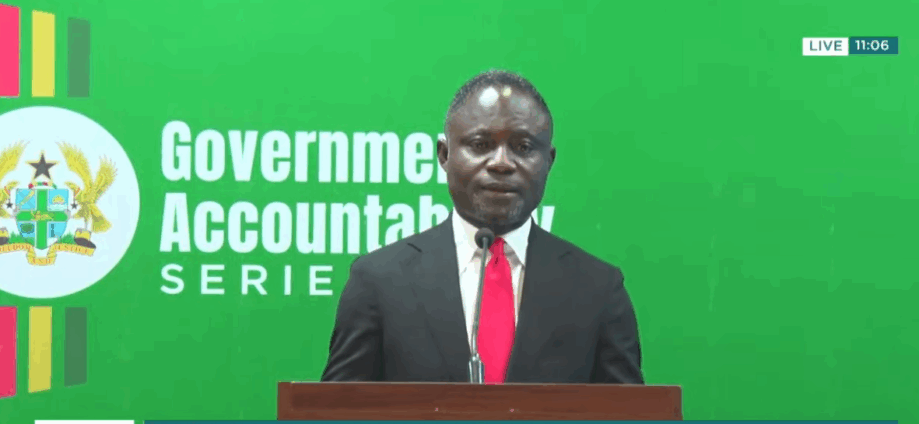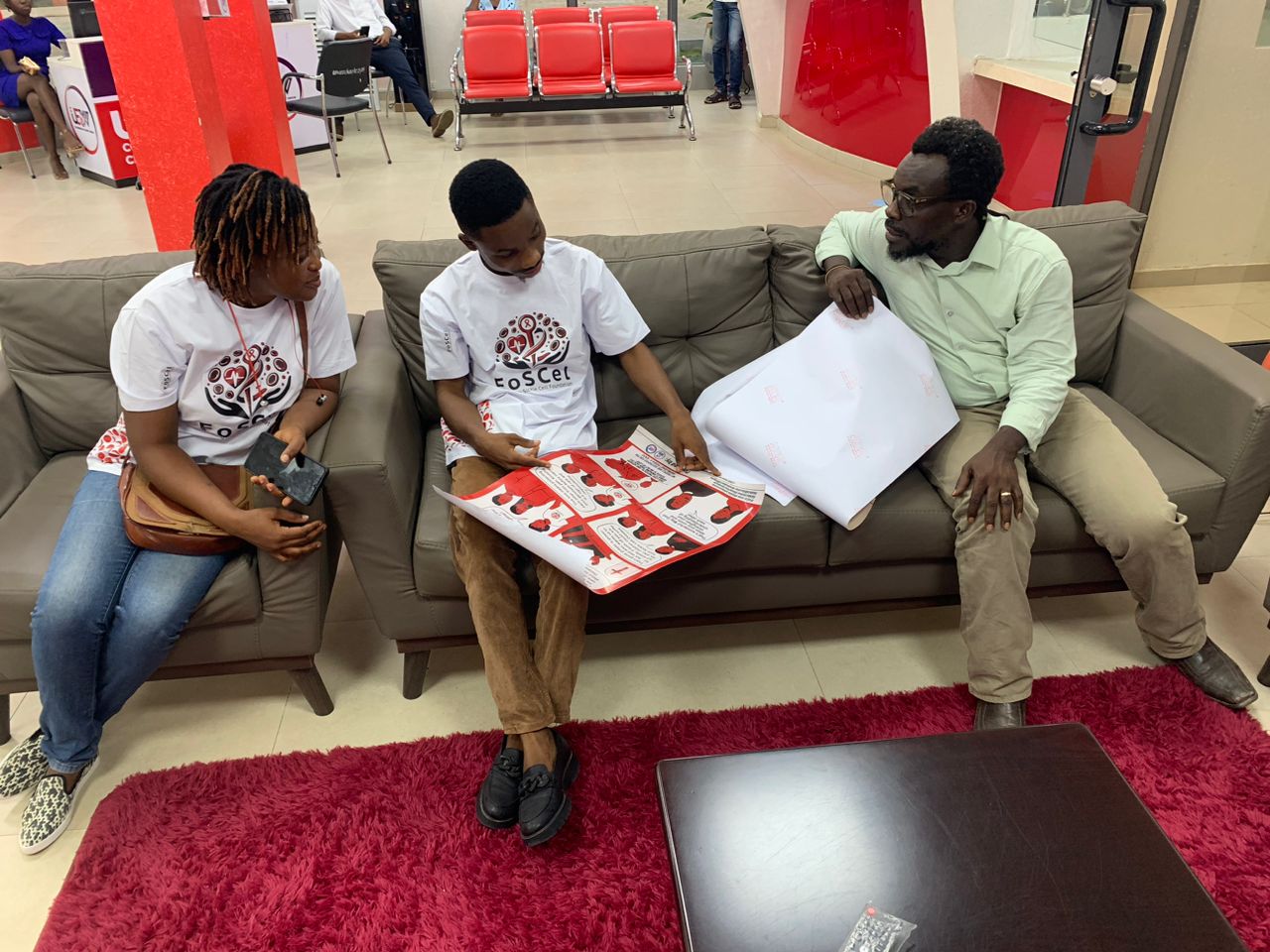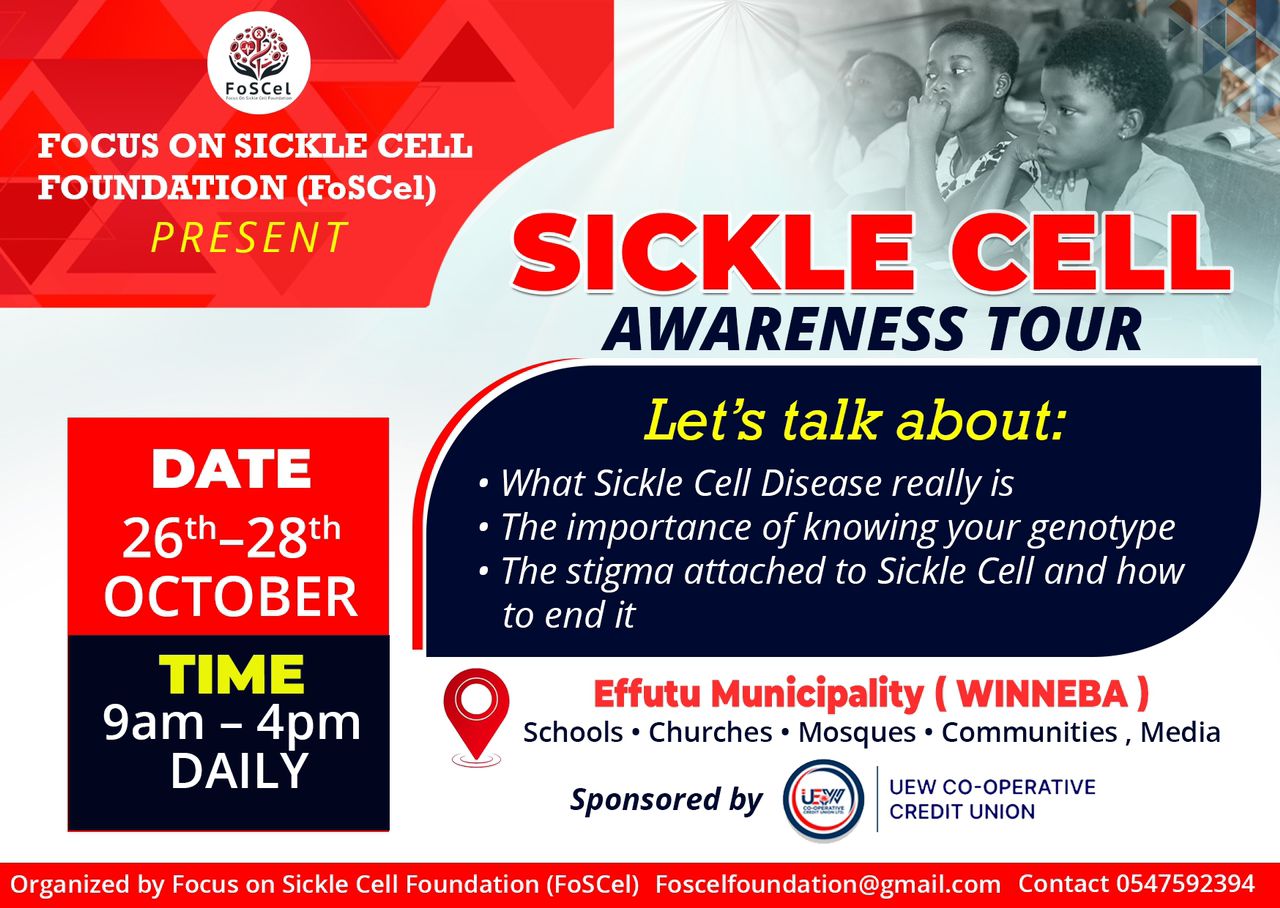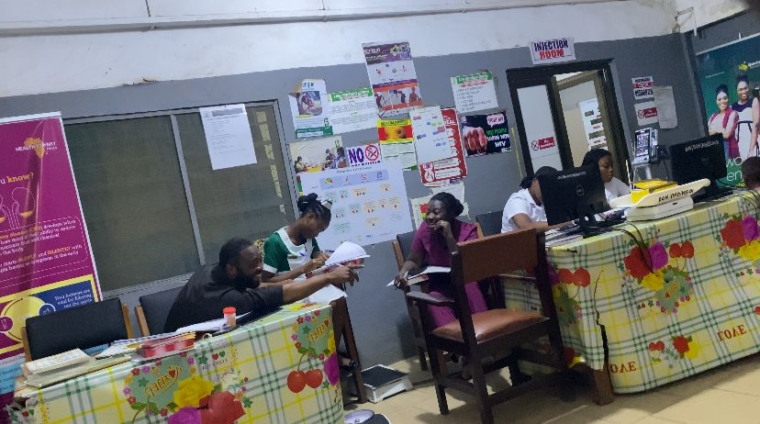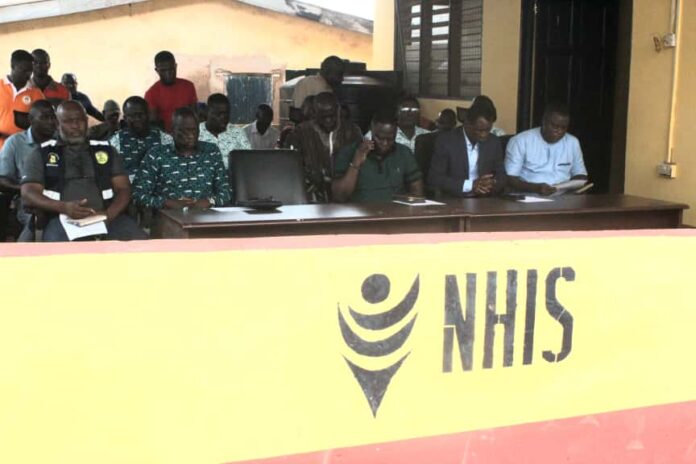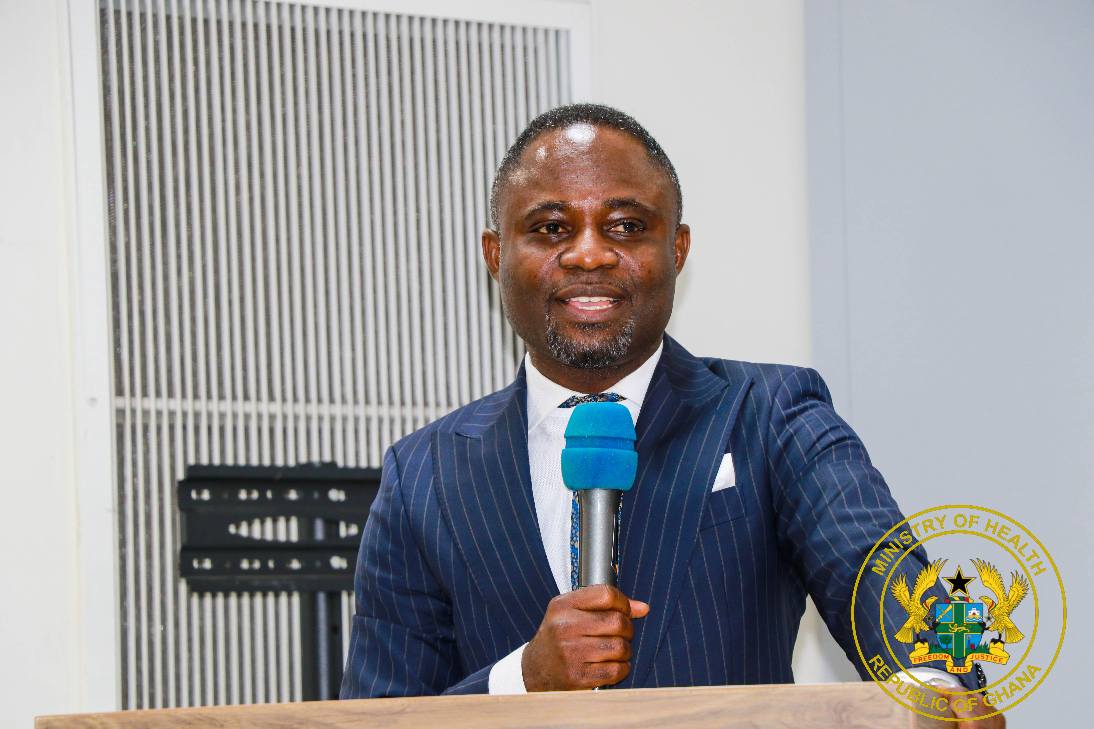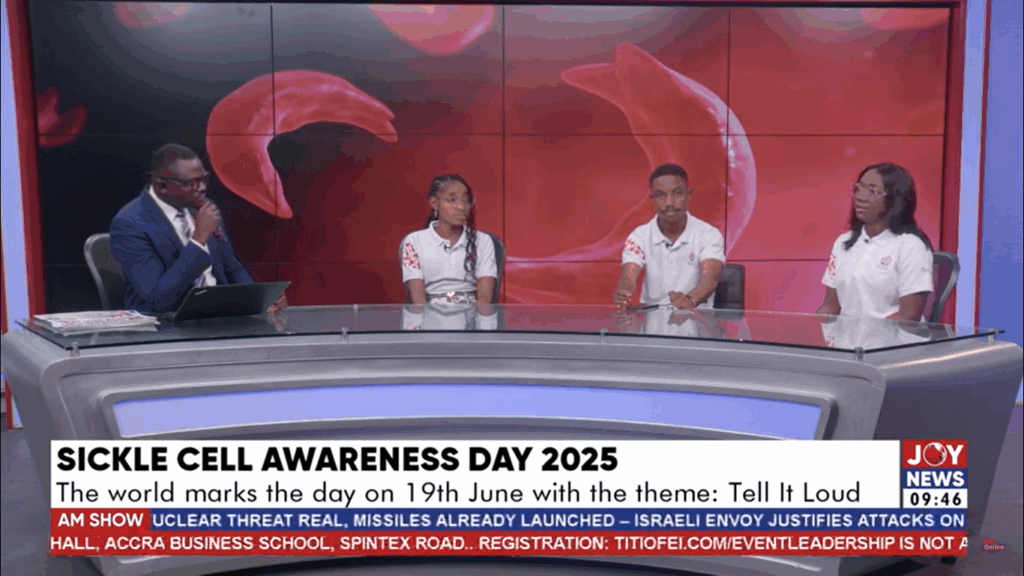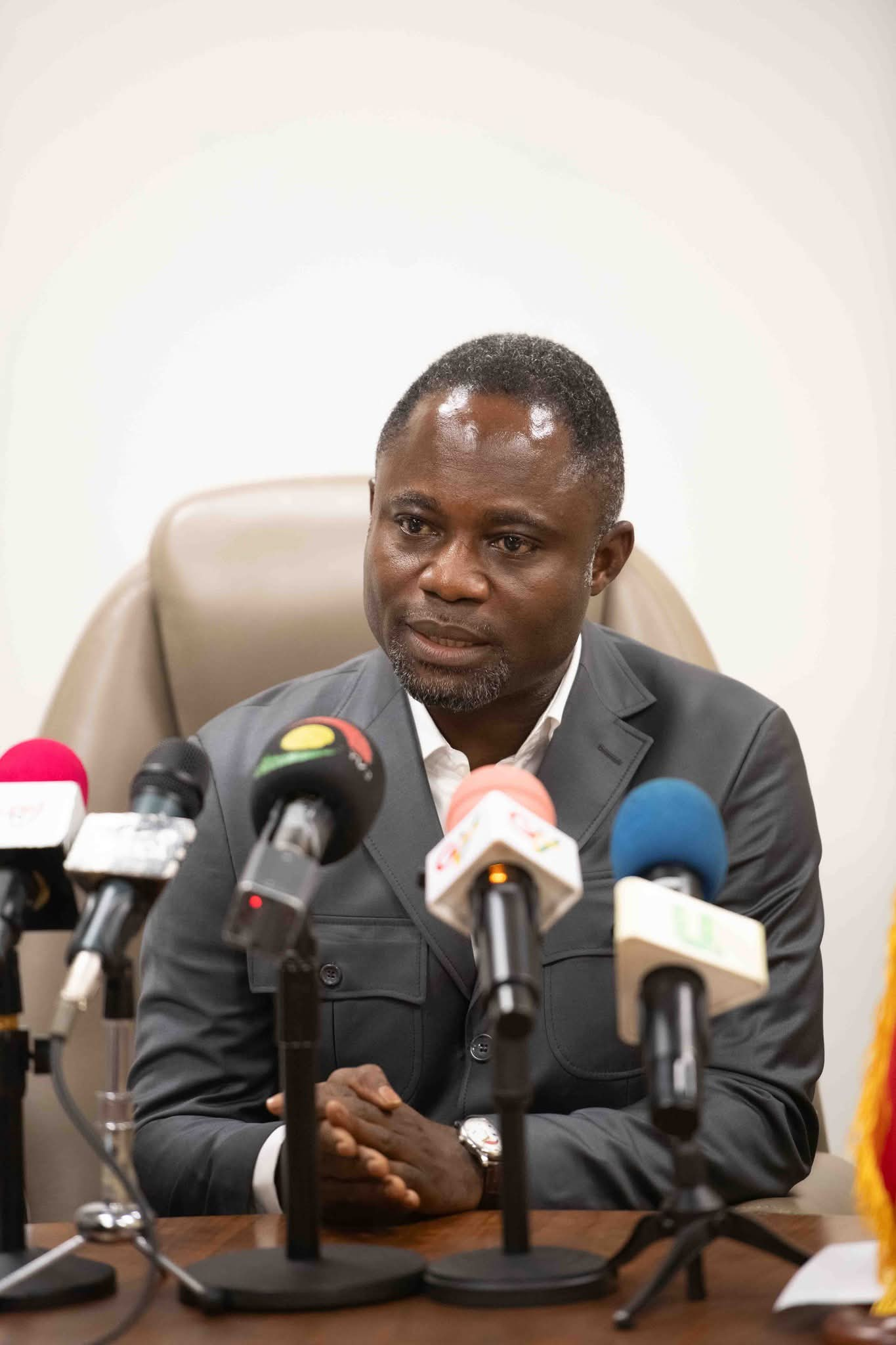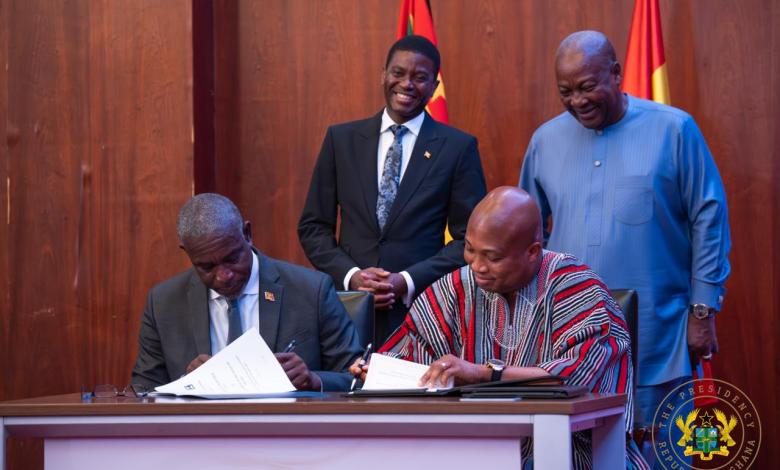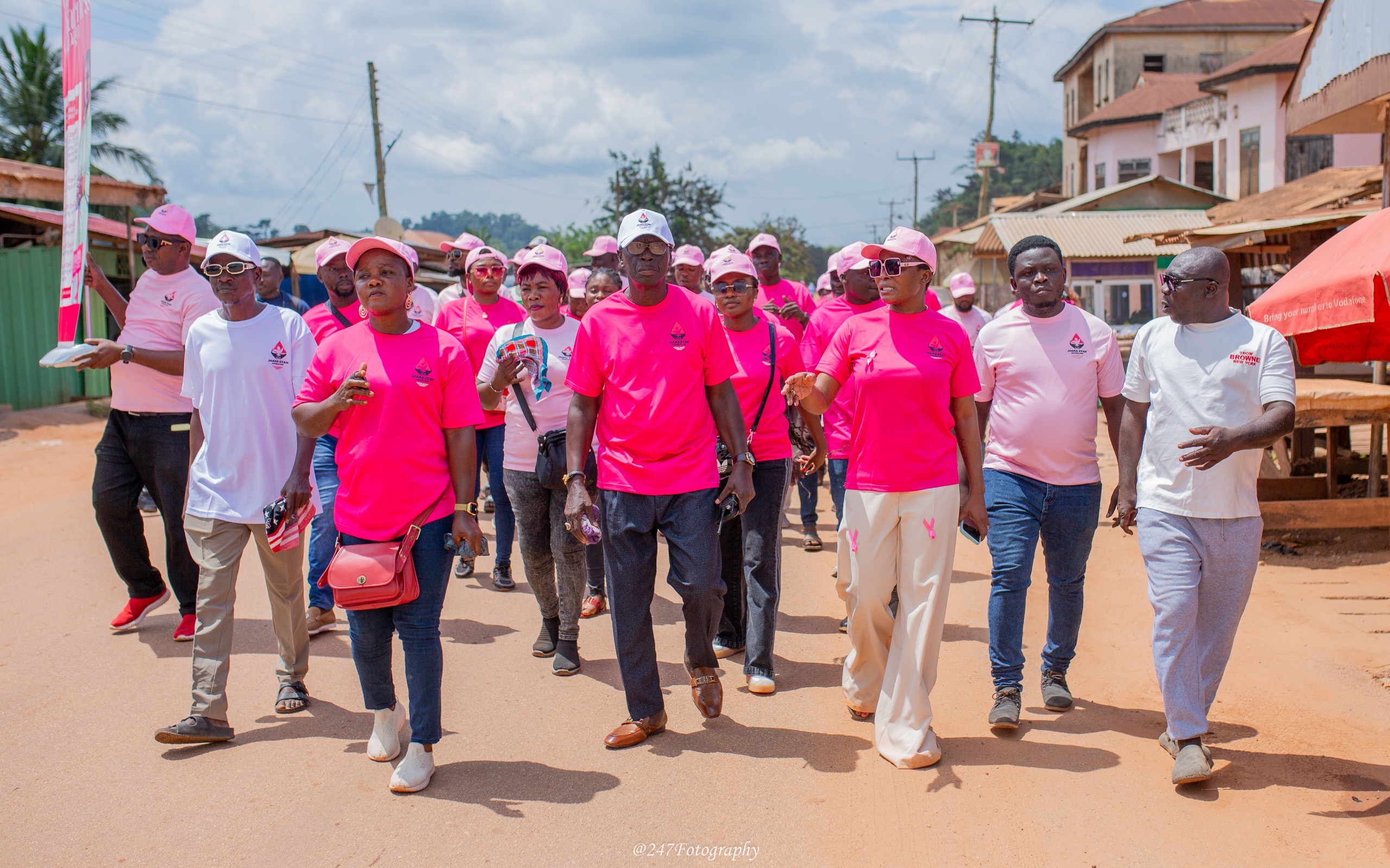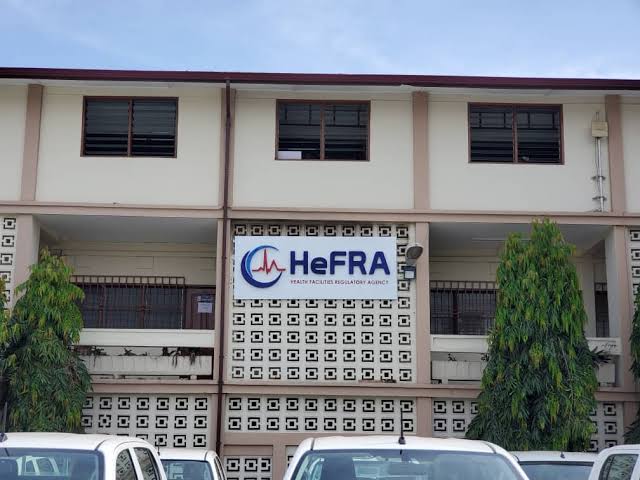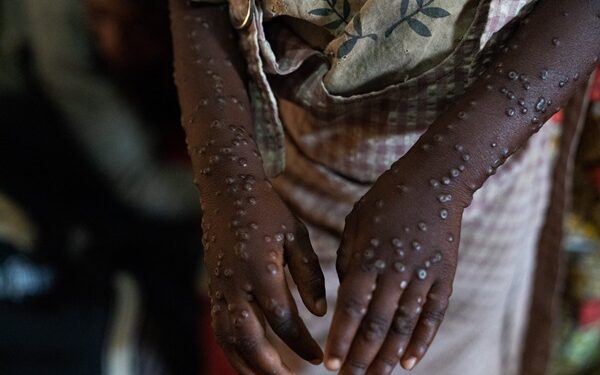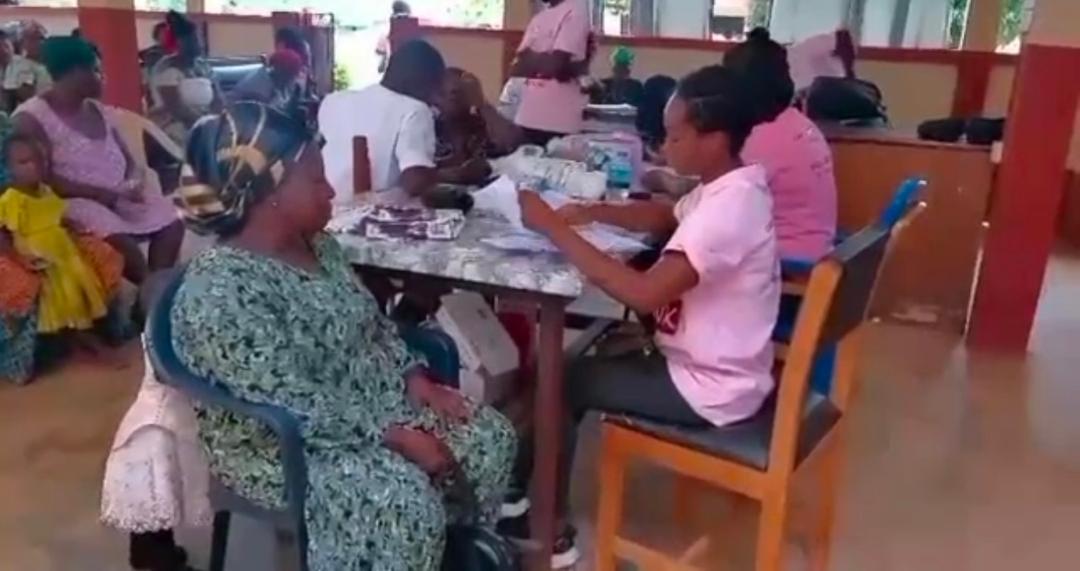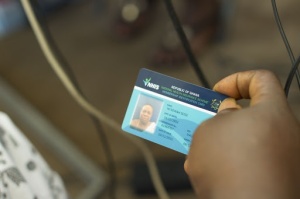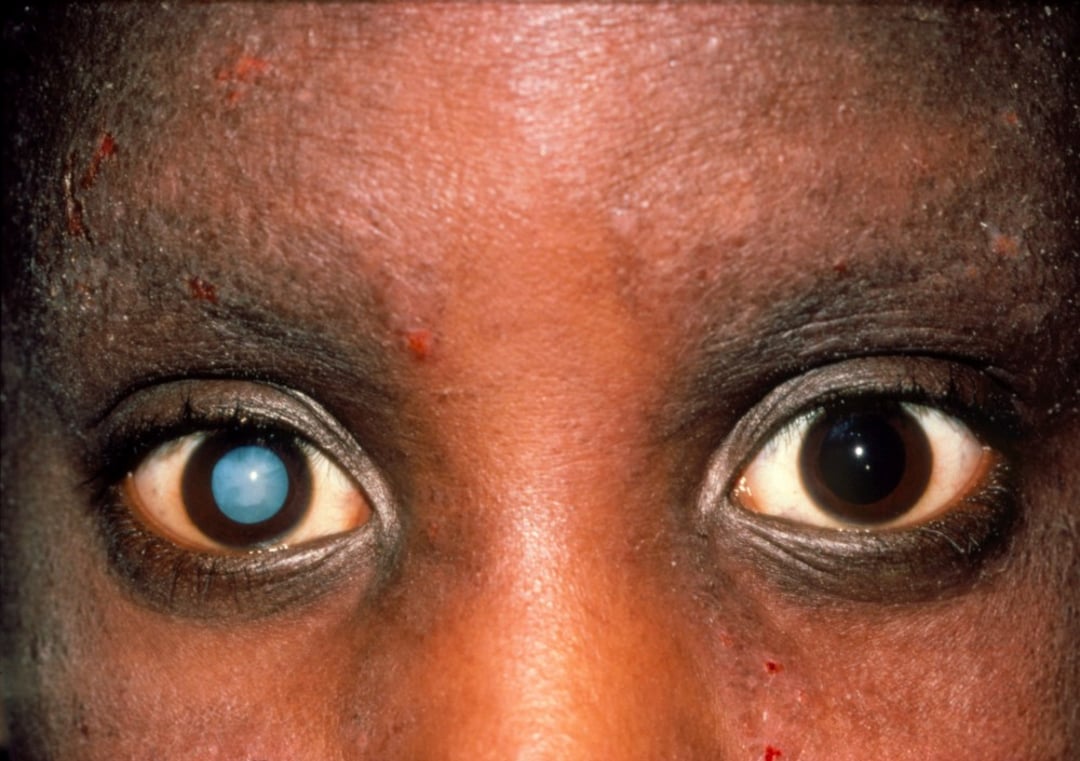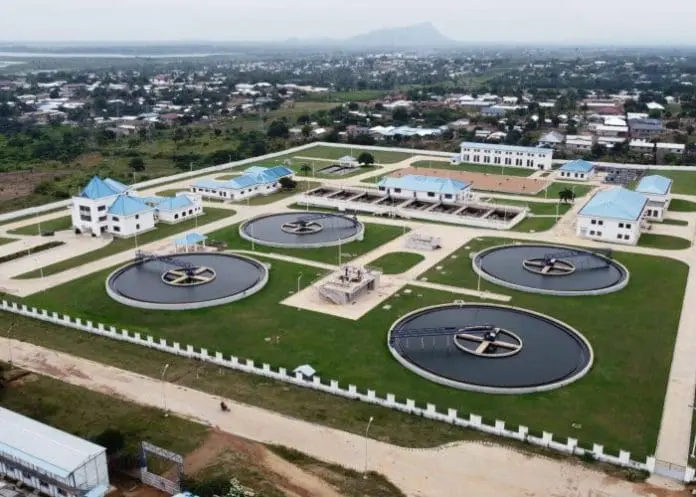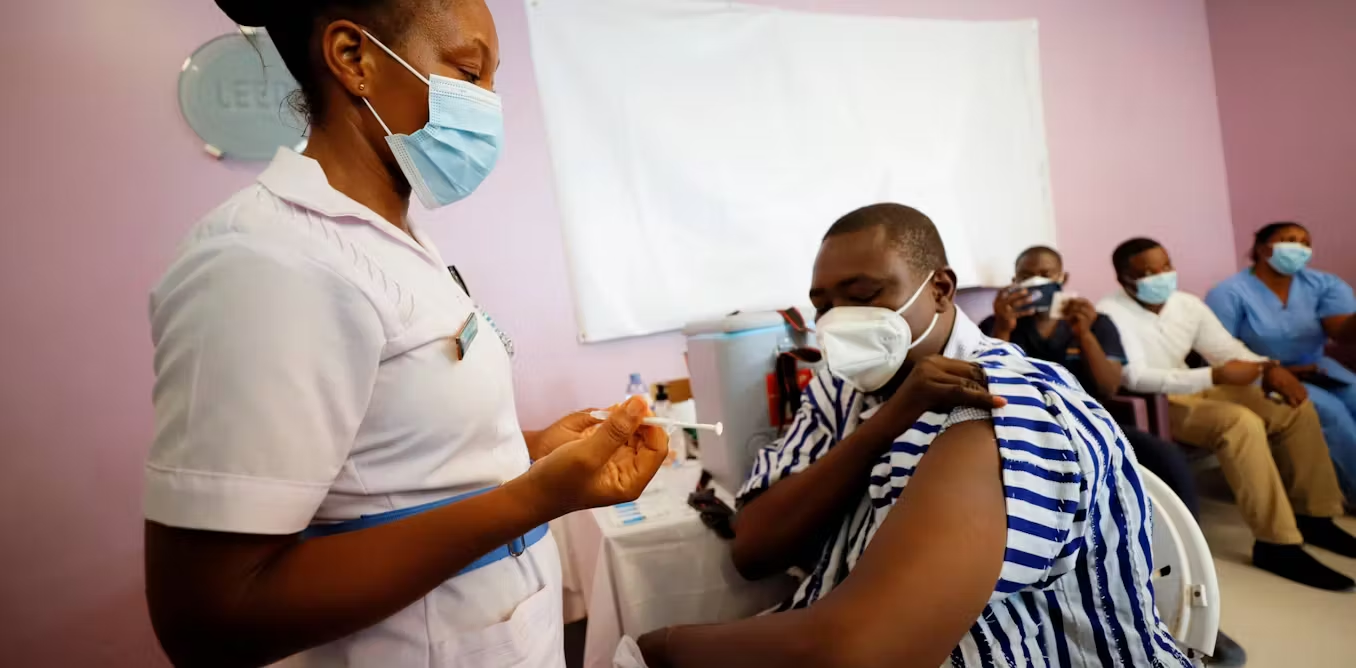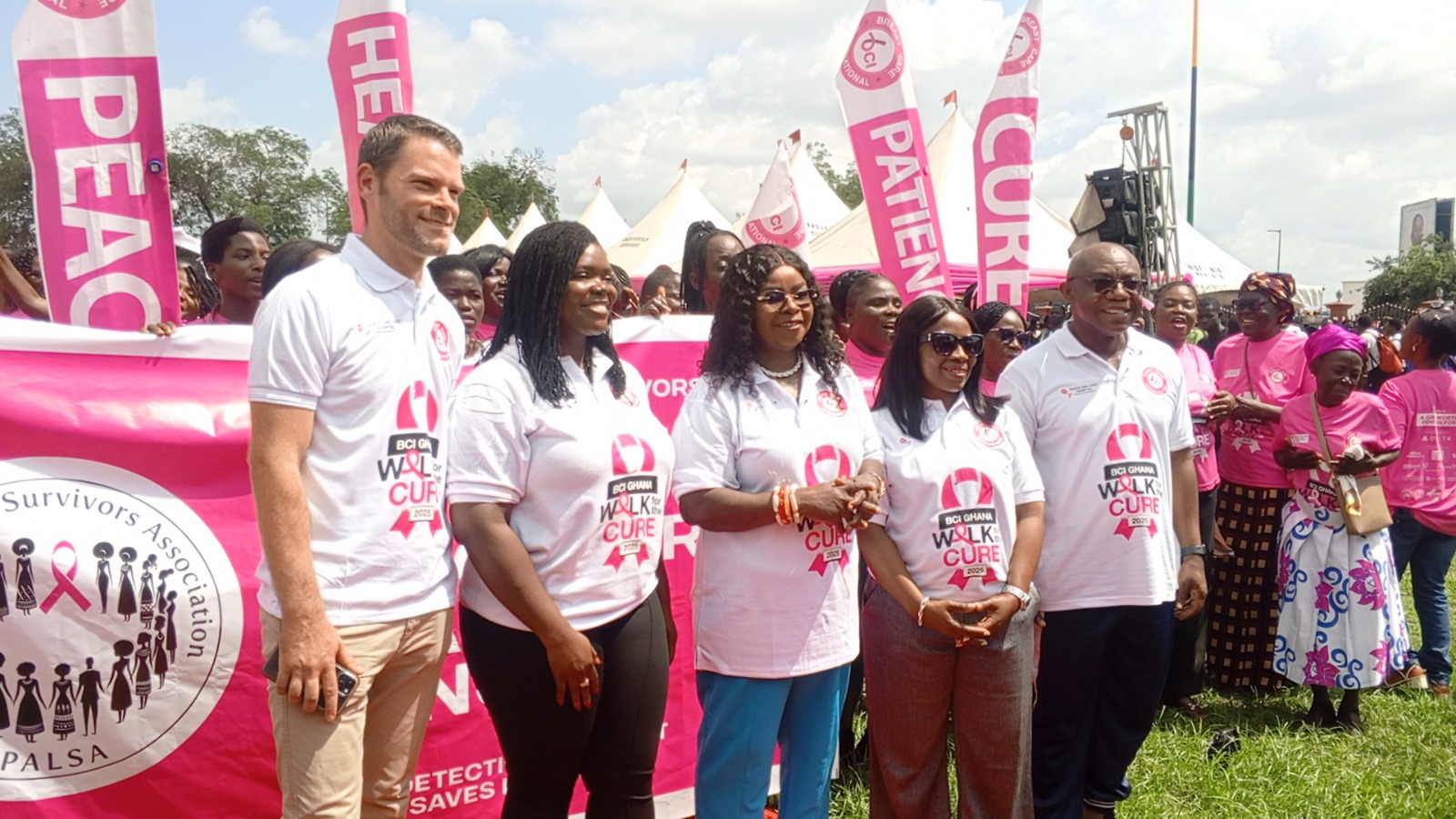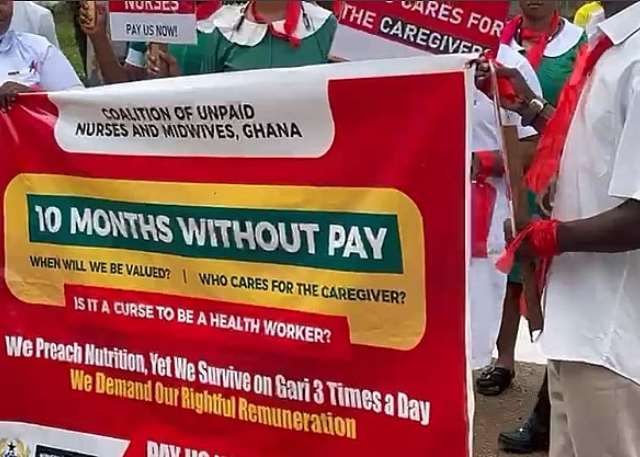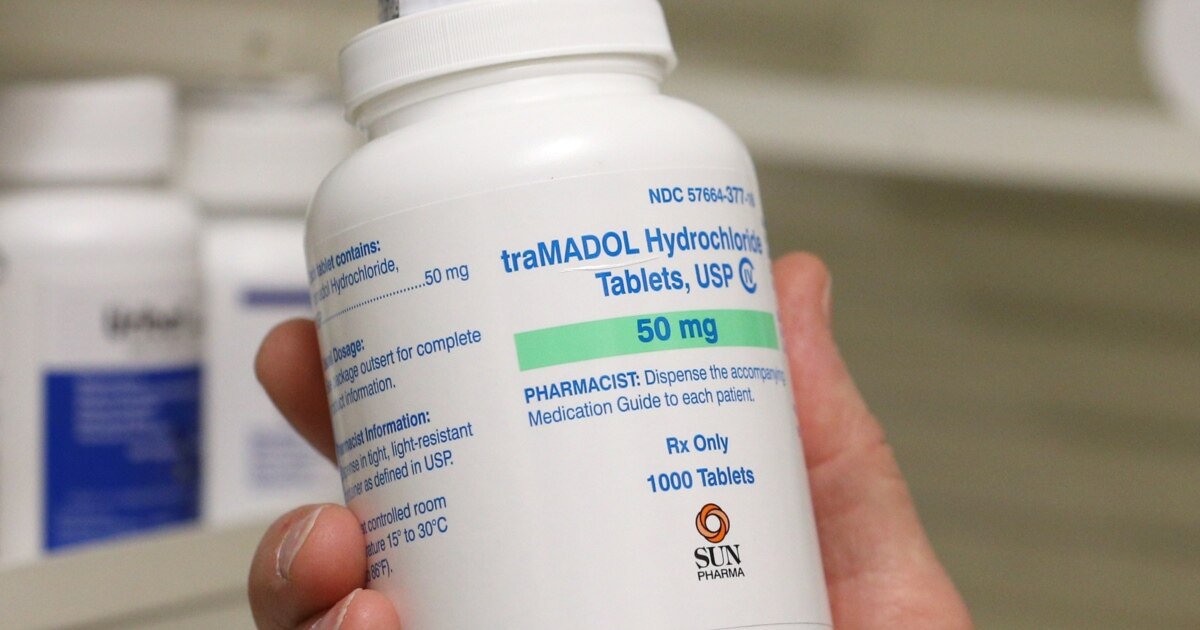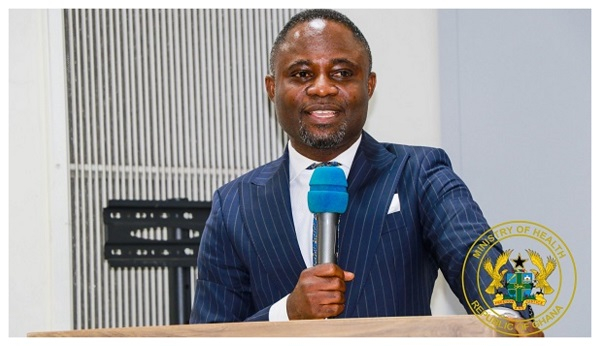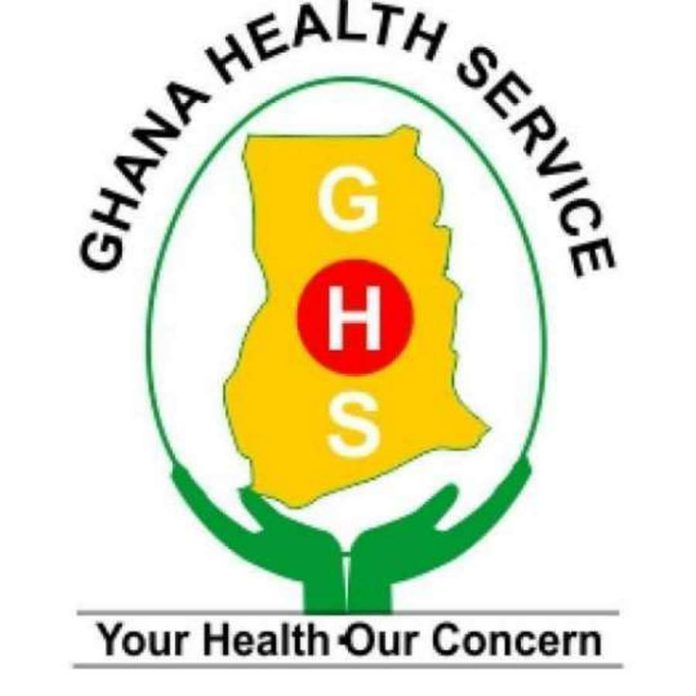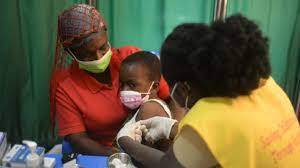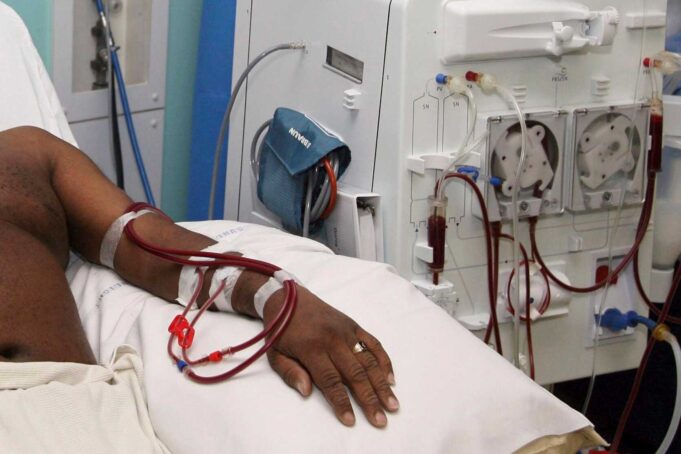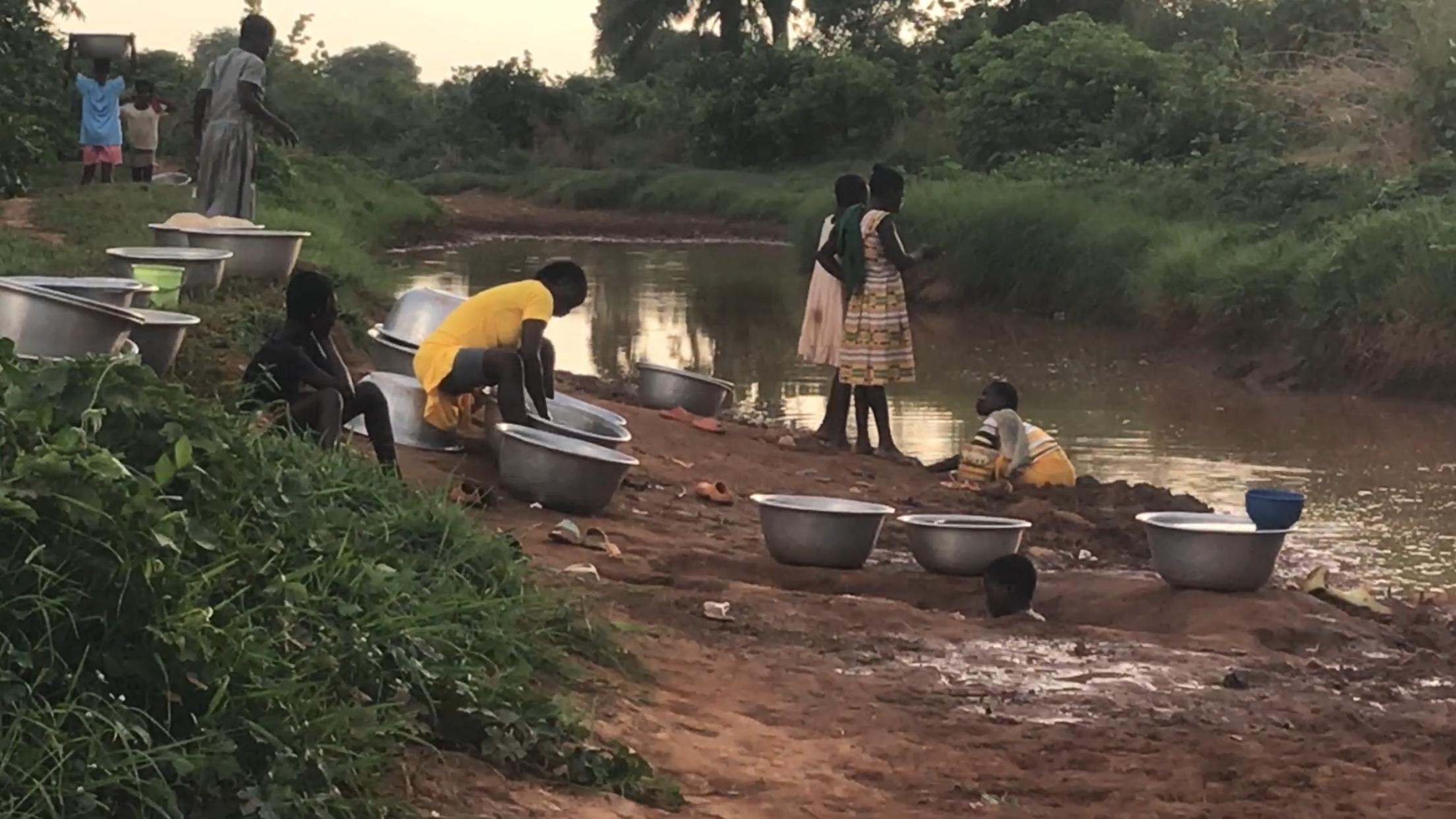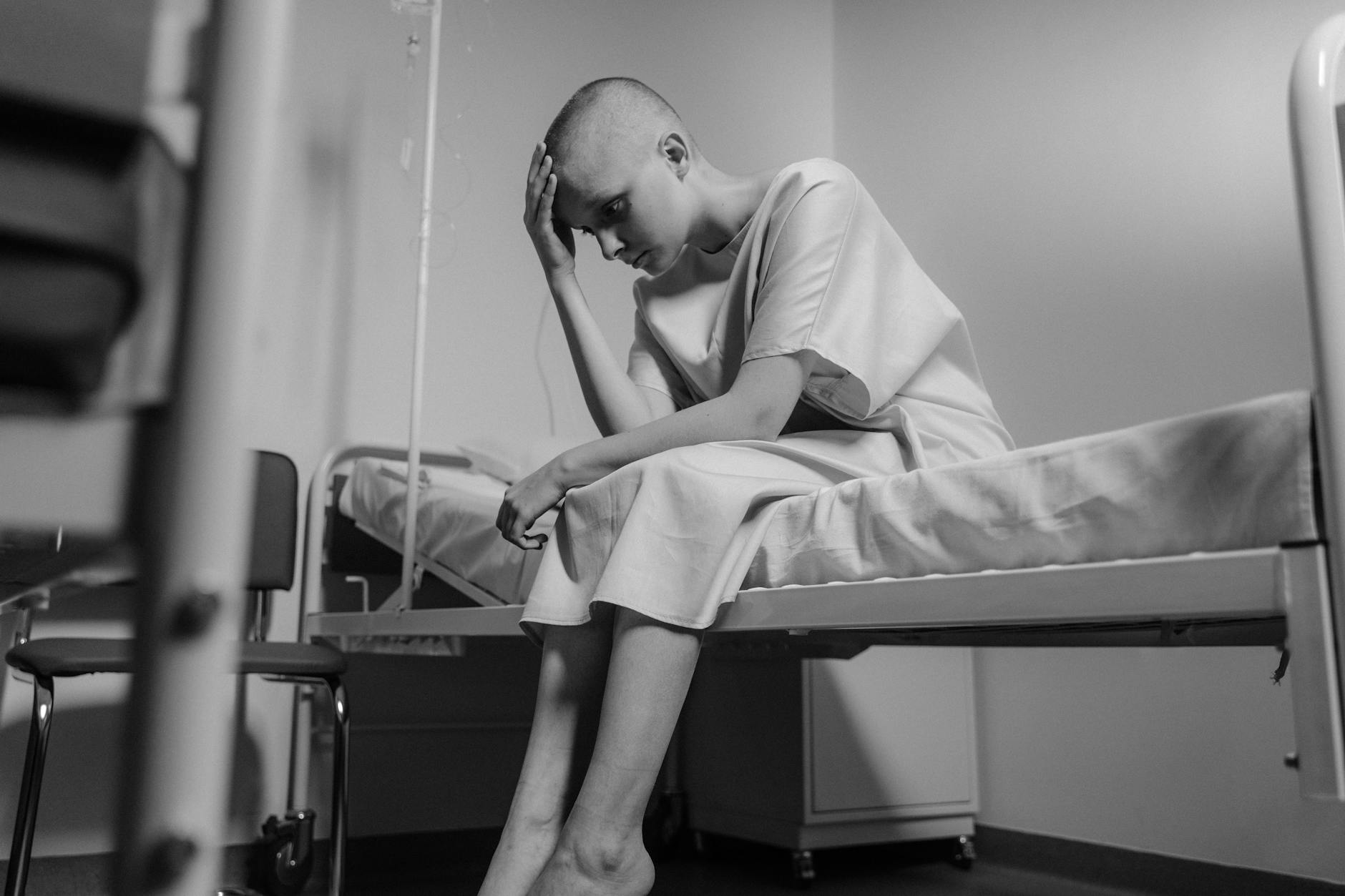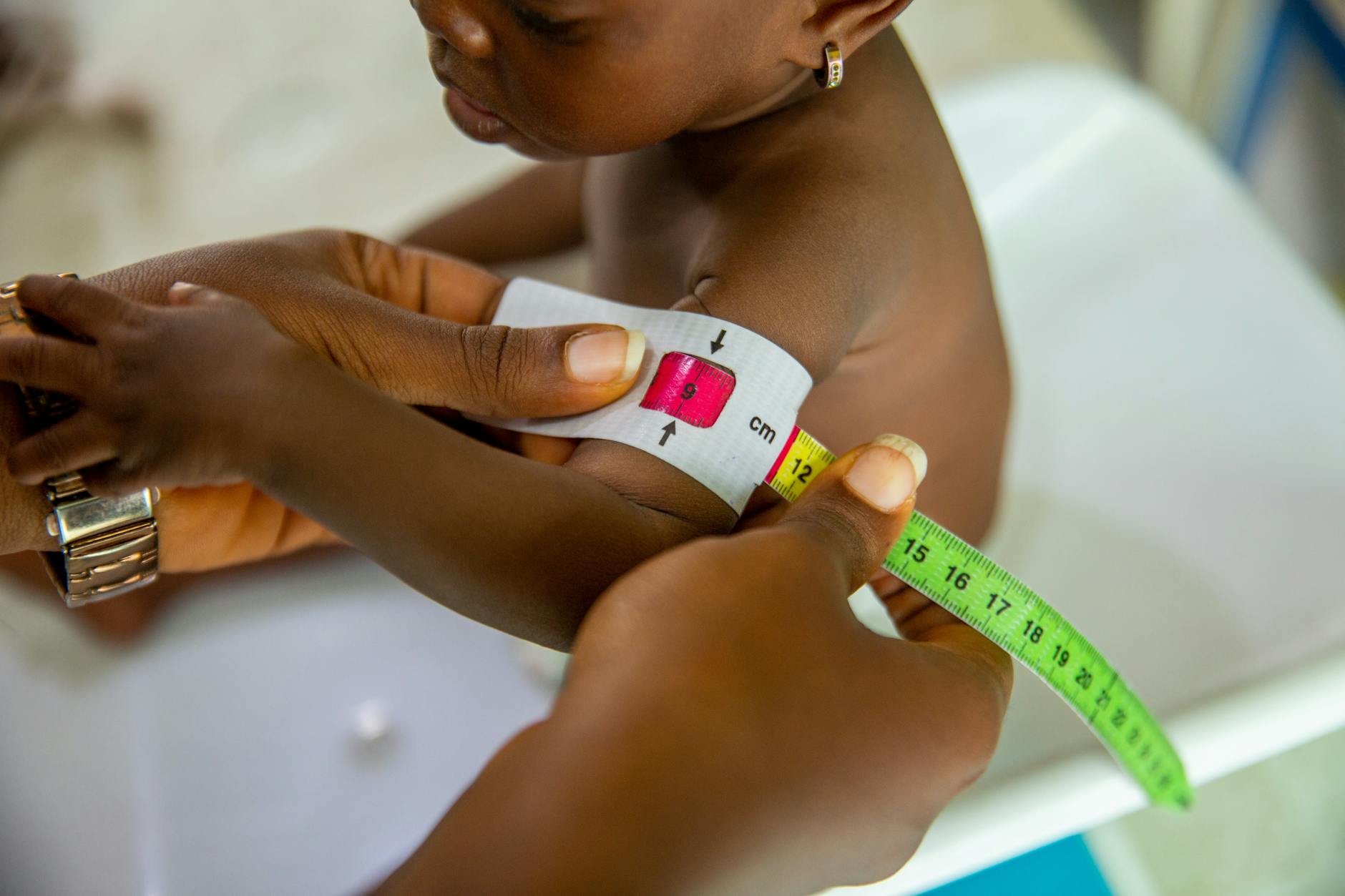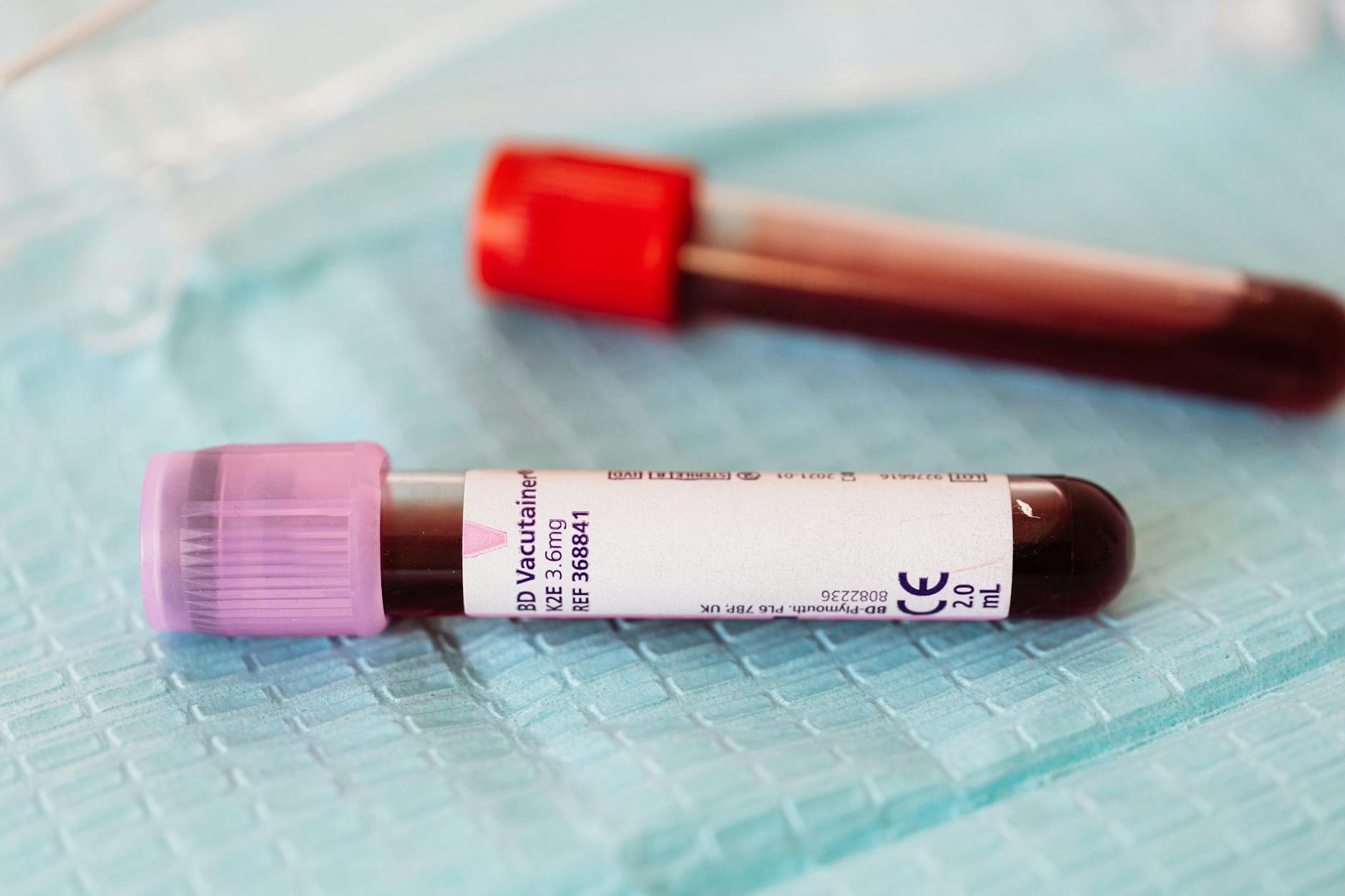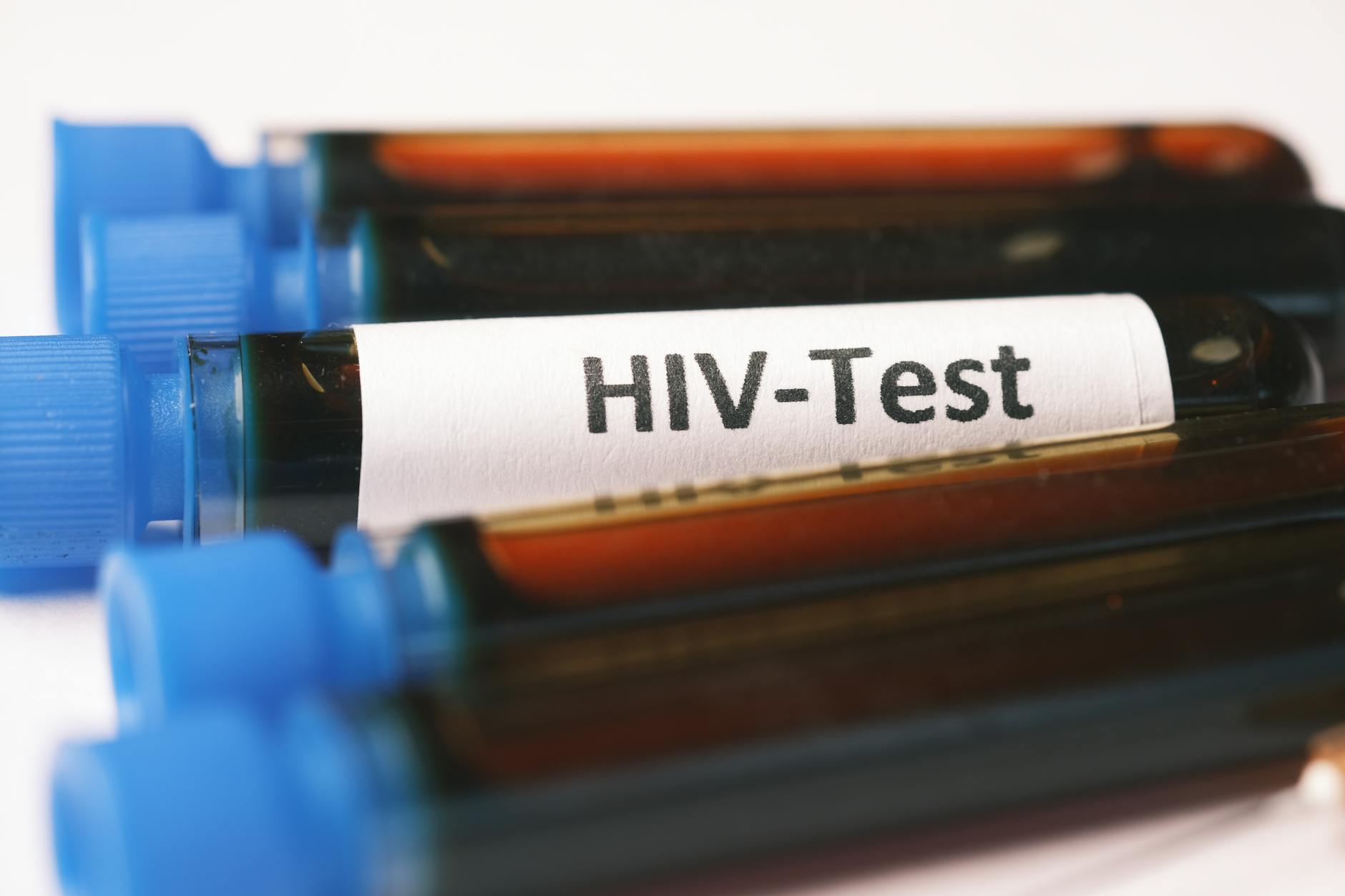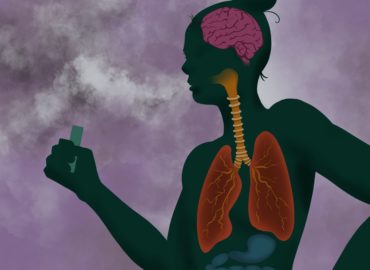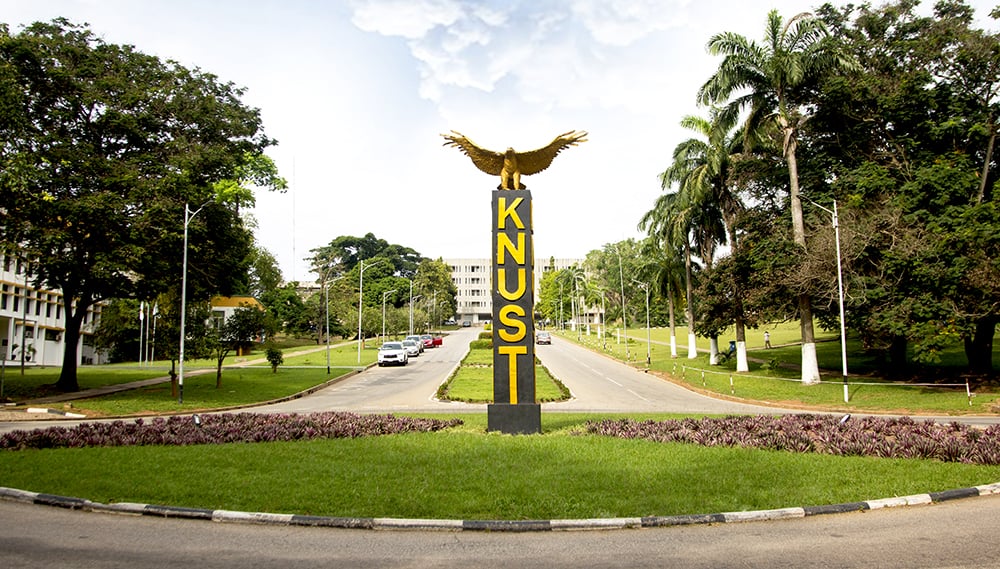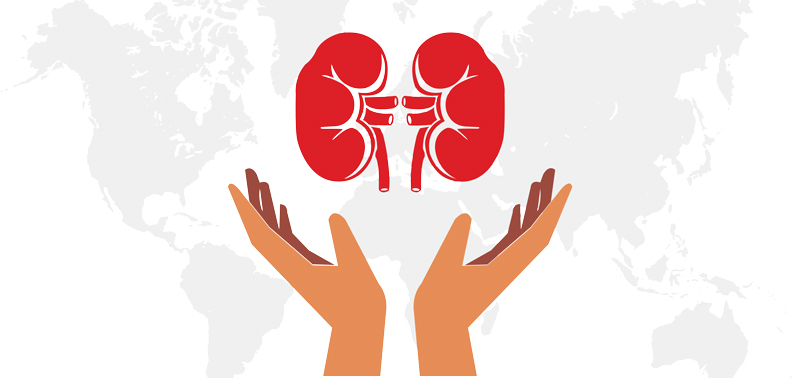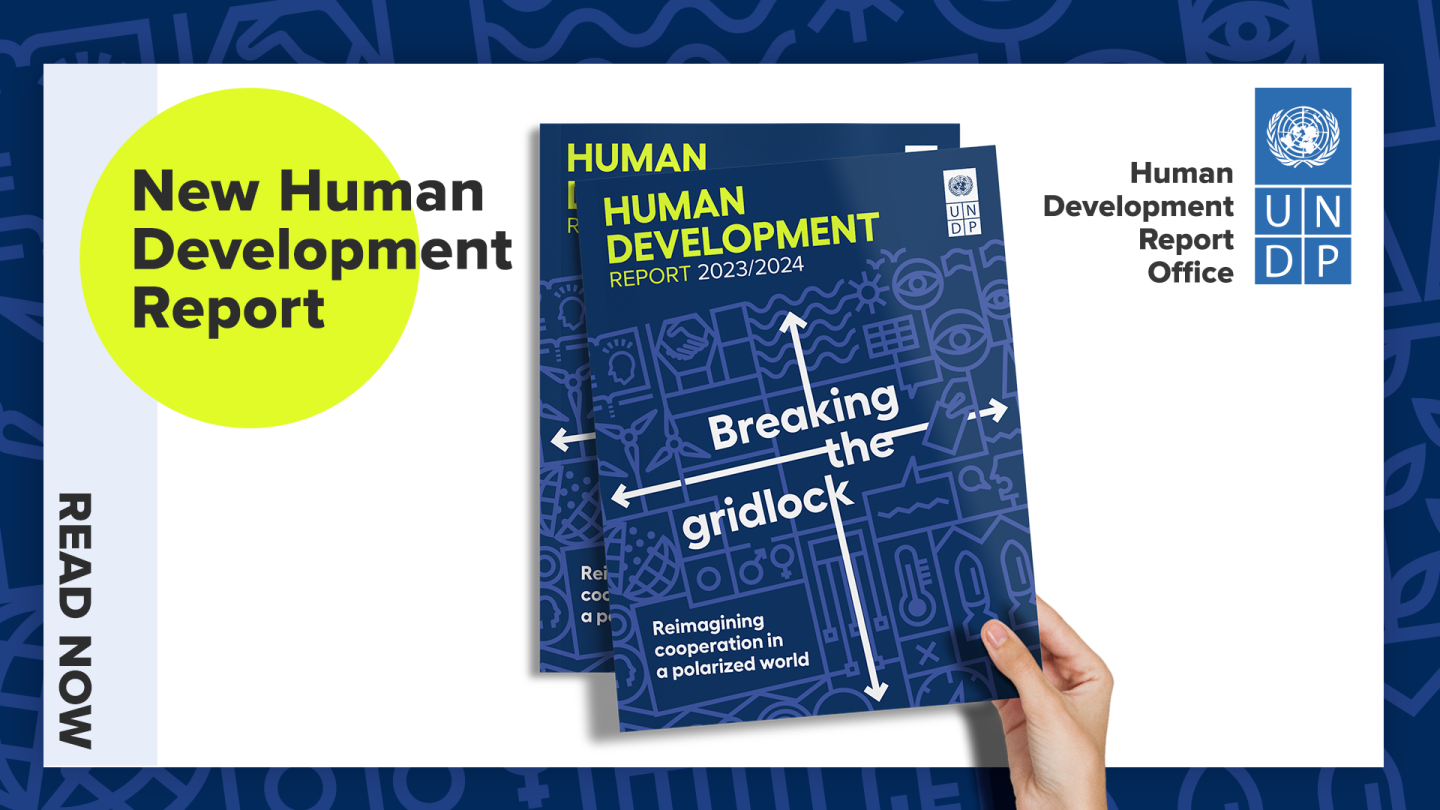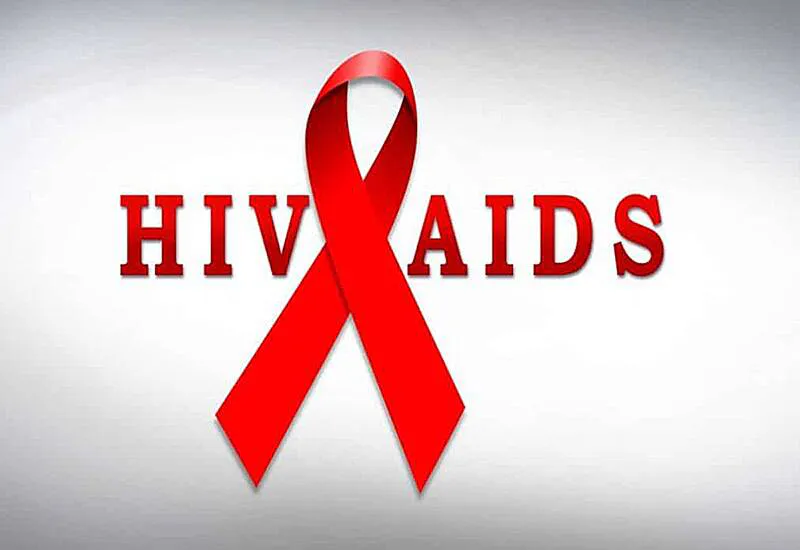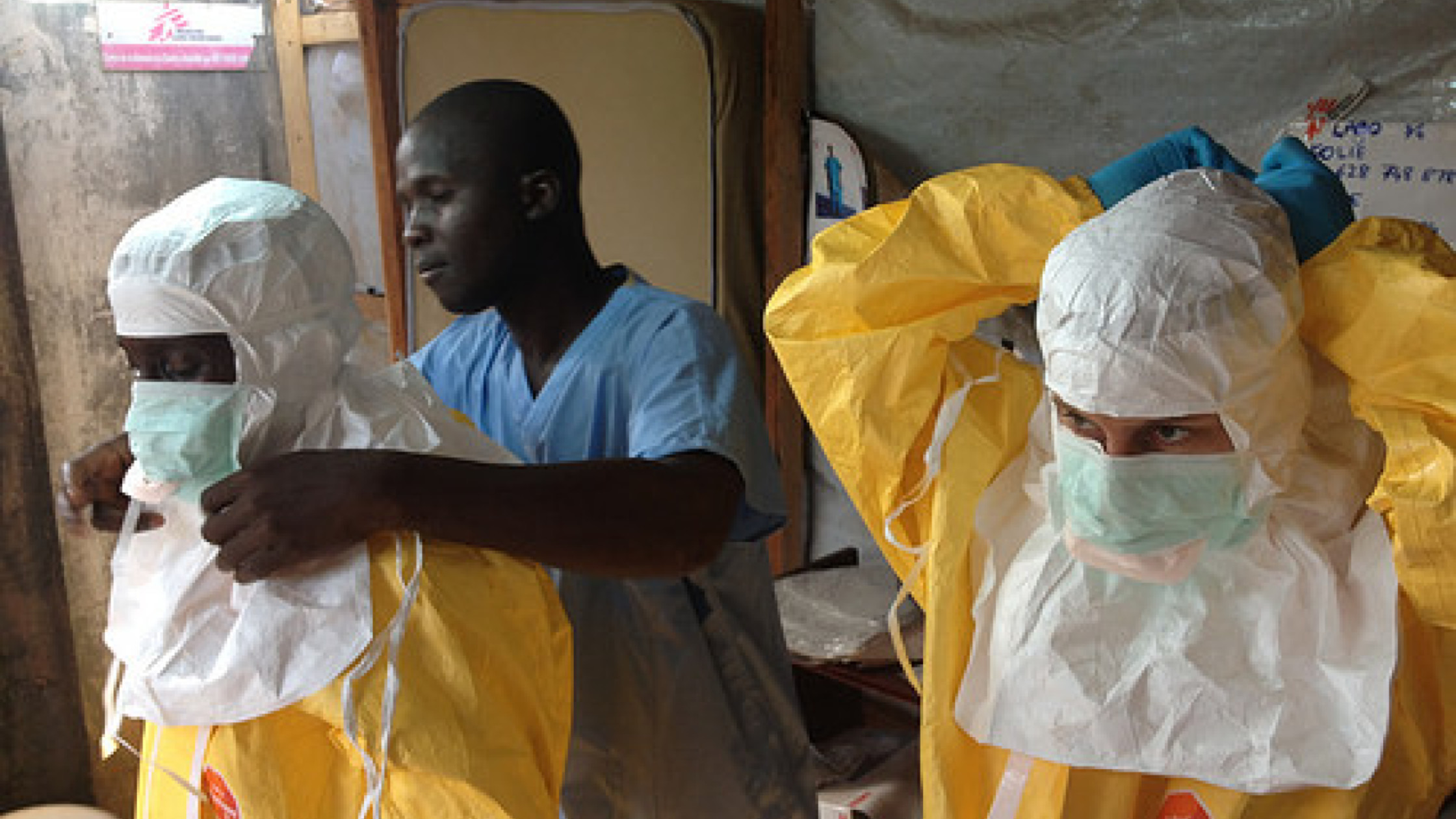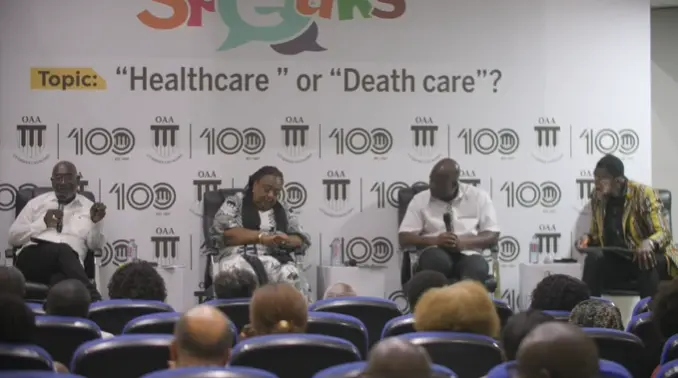
Ghana’s health sector is on a dangerous trajectory, with specialists cautioning that the country is edging closer to a “death care system” unless urgent reforms are pursued to address decades of neglect, poor planning, and political interference.
This stark warning emerged during the latest edition of the Achimota Speaks Forum, where medical experts and policy analysts dissected the theme: “Healthcare or Death Care?” The discussion painted a troubling picture of a system buckling under pressure, not from lack of policies, but from chronic failure to implement them.
Dr. Lydia Dsane-Selby, former Chief Executive of the National Health Insurance Authority, said Ghana’s long-standing inability to strengthen its health structures has allowed inefficiencies to fester. She noted that while the country has made strides in controlling infectious diseases, its capacity to manage emerging non-communicable conditions has become dangerously inadequate.
She cited the recent measles scare in Tamale as a symbolic example of how rusty the system has become.
“We hadn’t seen a measles case in years, yet when one appeared, healthcare workers had to be bused in because the capacity to respond simply wasn’t there,” she revealed.
Dr. Dsane-Selby stressed that inequity remains at the heart of the problem, with sophisticated interventions being promoted in urban centers while rural communities lack the most basic care.
“I was shocked to see a programme promoting $20,000 pediatric stents, when some districts don’t even have functional clinics,” she said. “We can’t design policies for the elite and leave the rest of the country behind.”
According to her, Ghana’s health sector has also suffered from blindly adopting foreign health models that do not align with local realities.
“There are U.S. counties with worse maternal mortality rates than Chorkor. So copying the American system wholesale is not the solution,” she added.
Although she acknowledged that increased funding is essential, she cautioned that money alone will not repair a system where institutions are collapsing and politics overrides professional judgment.
Health systems expert and CEO of Chiron Health Consult, William Delali Ofori, echoed these sentiments, arguing that Ghana’s crisis is rooted in a deep culture of non-execution.
“We have the policies. What we lack is discipline and commitment,” he said. “From CHPS compounds to teaching hospitals, facilities depend entirely on individual effort because the systems meant to sustain them are simply not functioning.”
He described the country’s emergency response structure as “alarmingly weak,” noting that ambulance sirens often offer a false sense of hope.
“When you hear an ambulance, it doesn’t mean a life is being saved. There is no coordinated communication between ambulances and hospitals,” he said.
Consultant neurosurgeon at the Accra Medical Center, Dr. Teddy Totimeh, said Ghana must acknowledge a painful truth: meaningful healthcare improvement requires both innovation and substantial investment.
“In the long run, healthcare is about money. If we don’t fund it, we will not get results,” he said bluntly.
Dr. Totimeh proposed a controversial but thought-provoking idea, a “funeral tax”, to channel the country’s heavy spending on funerals into lifesaving healthcare infrastructure.
“We keep bodies in cold storage for months while hospitals lack basic equipment. If even a fraction of funeral spending was redirected into healthcare, the impact would be massive,” he argued.
The experts collectively urged policymakers to reset the sector by enforcing discipline, prioritising equity, and insulating health institutions from political interference. Without immediate action, they warned, Ghana risks presiding over a health system that cares for the dead far better than the living.
Discover more from Hot Stories Ghana
Subscribe to get the latest posts sent to your email.


